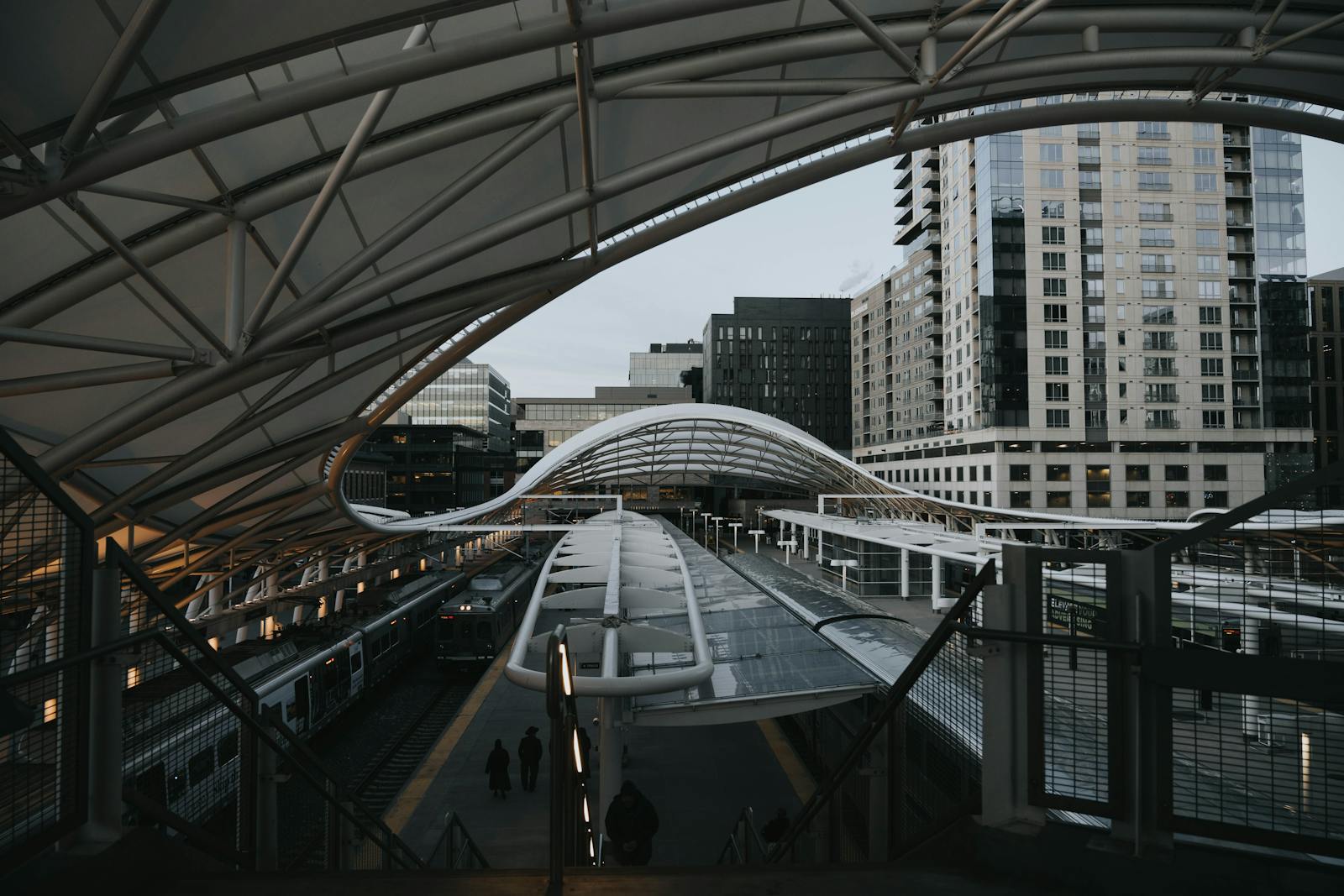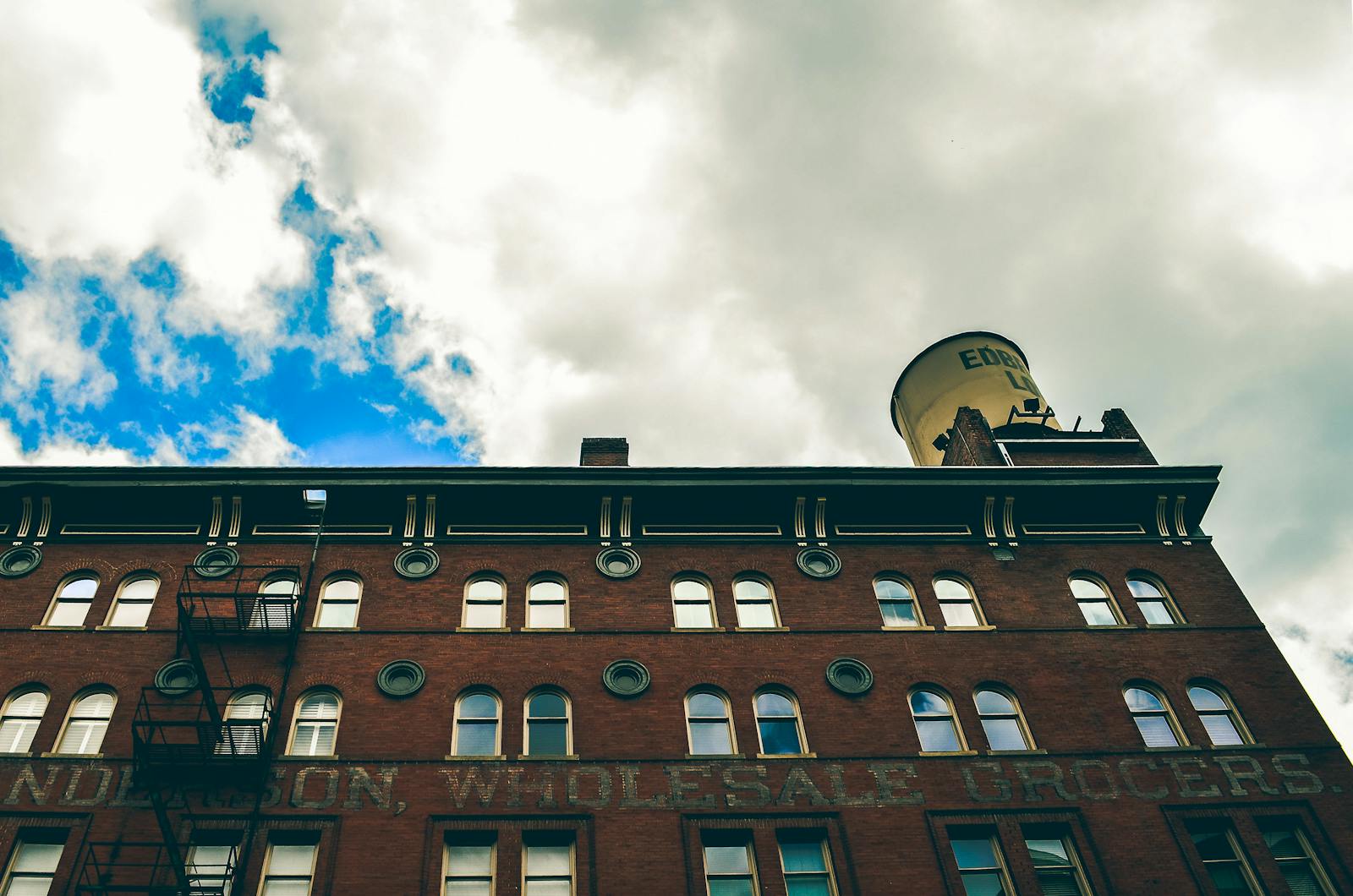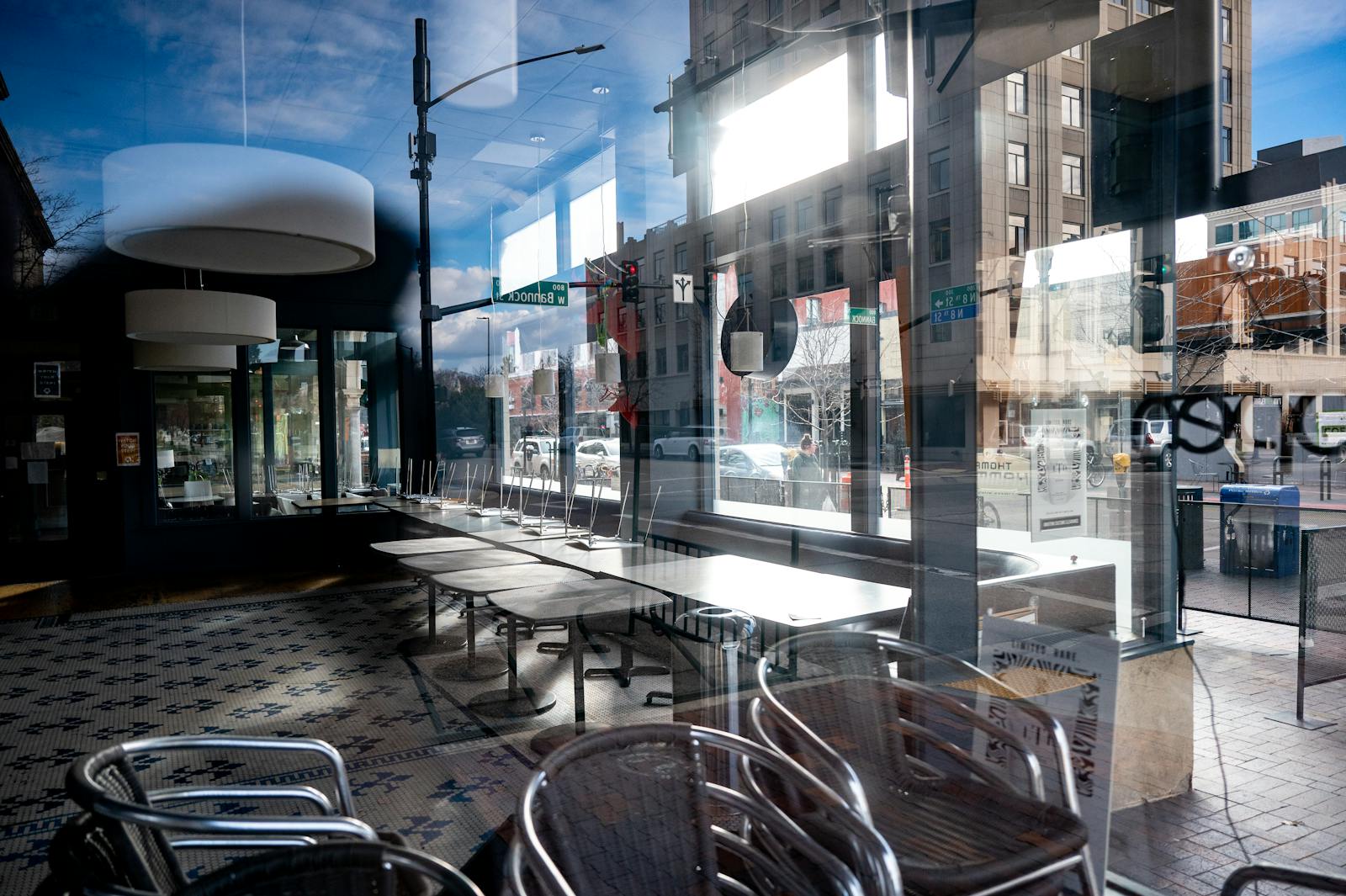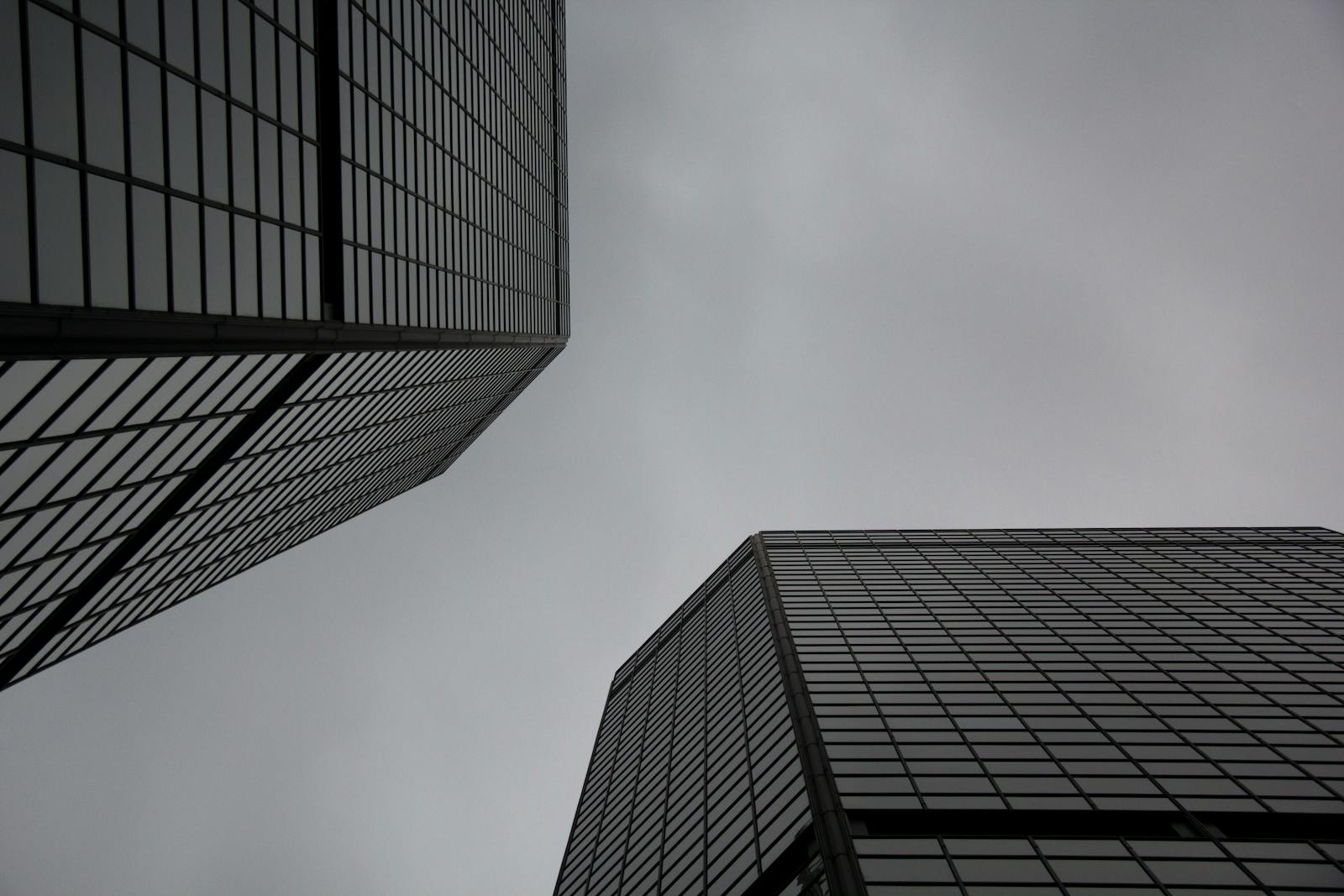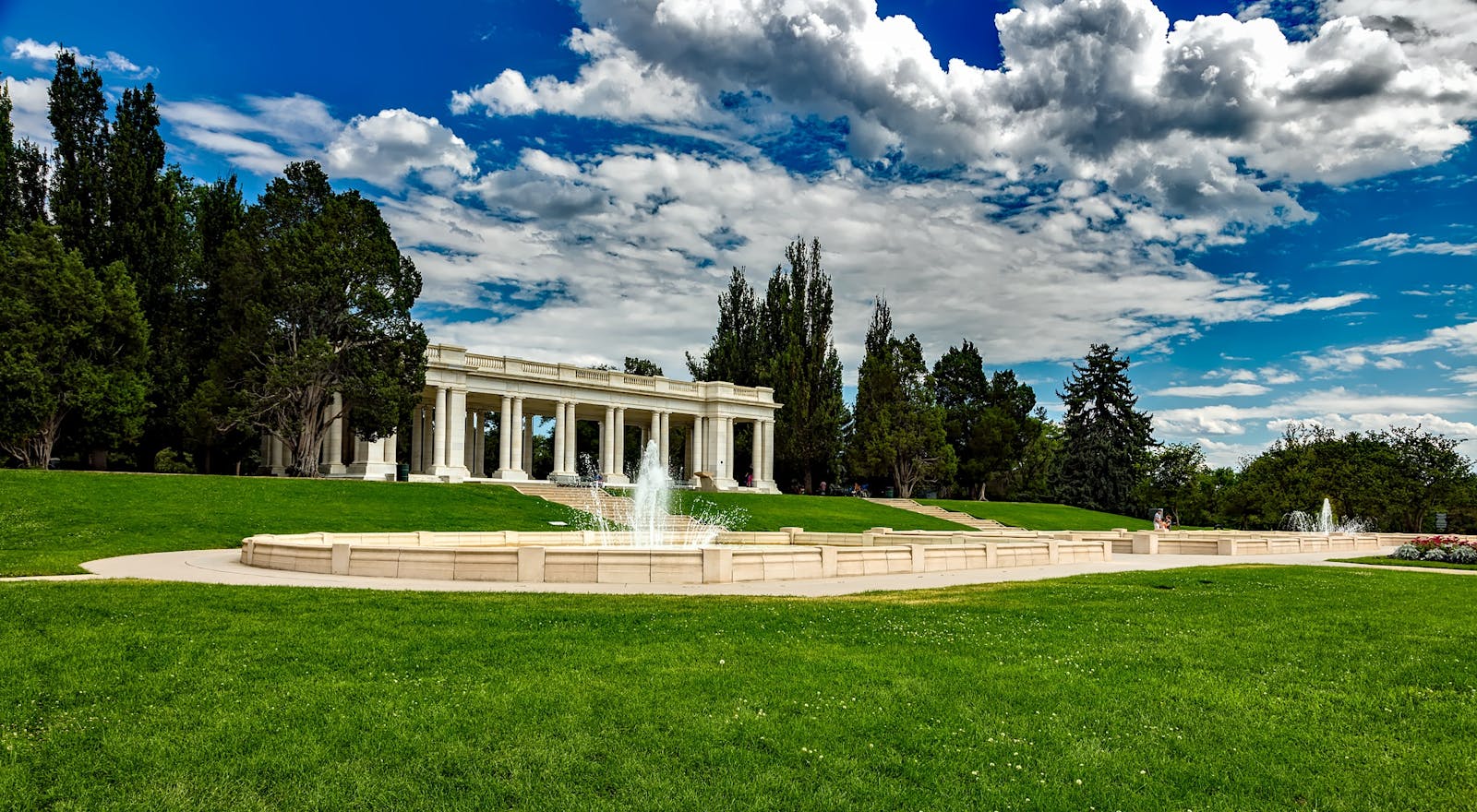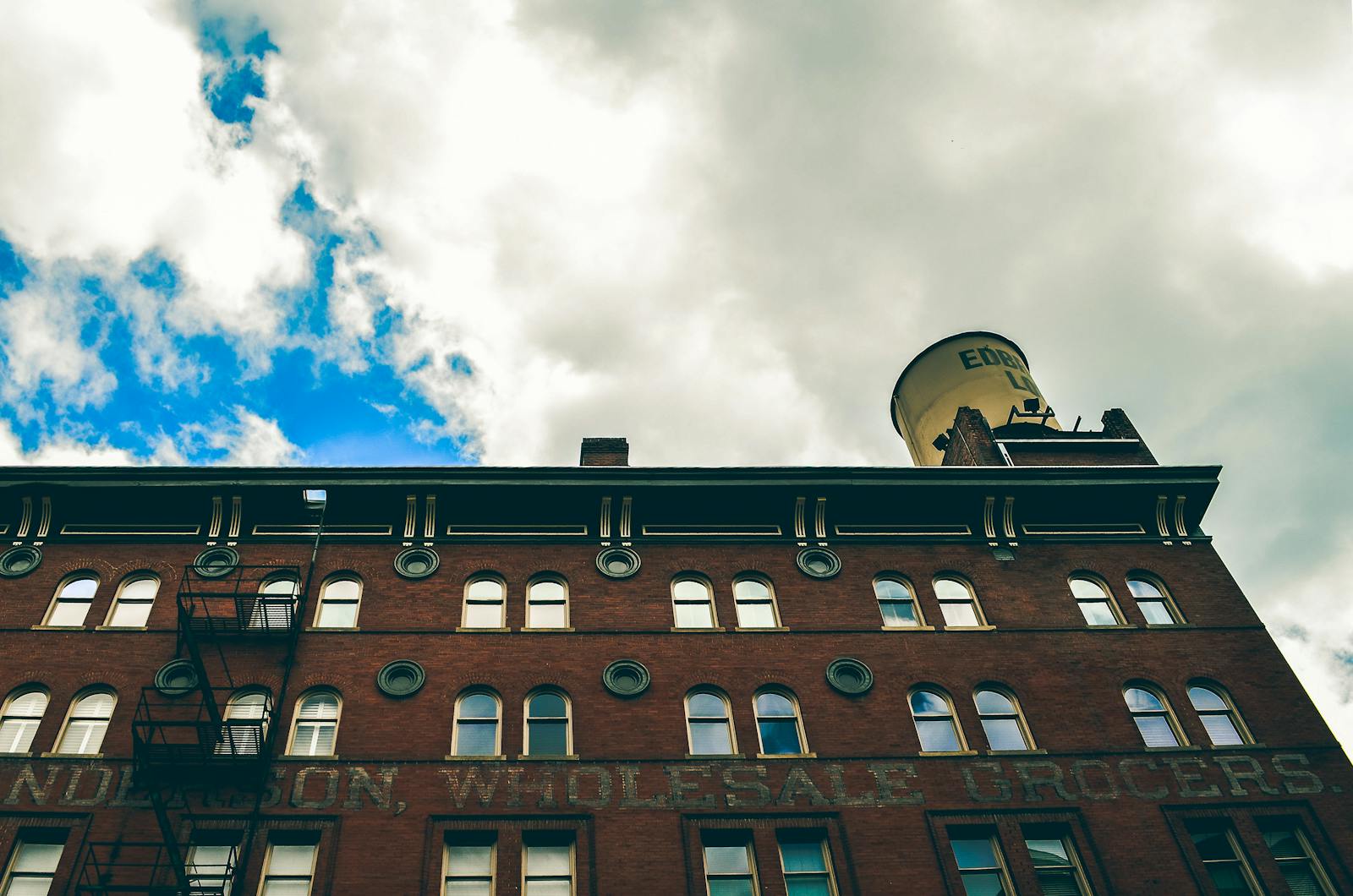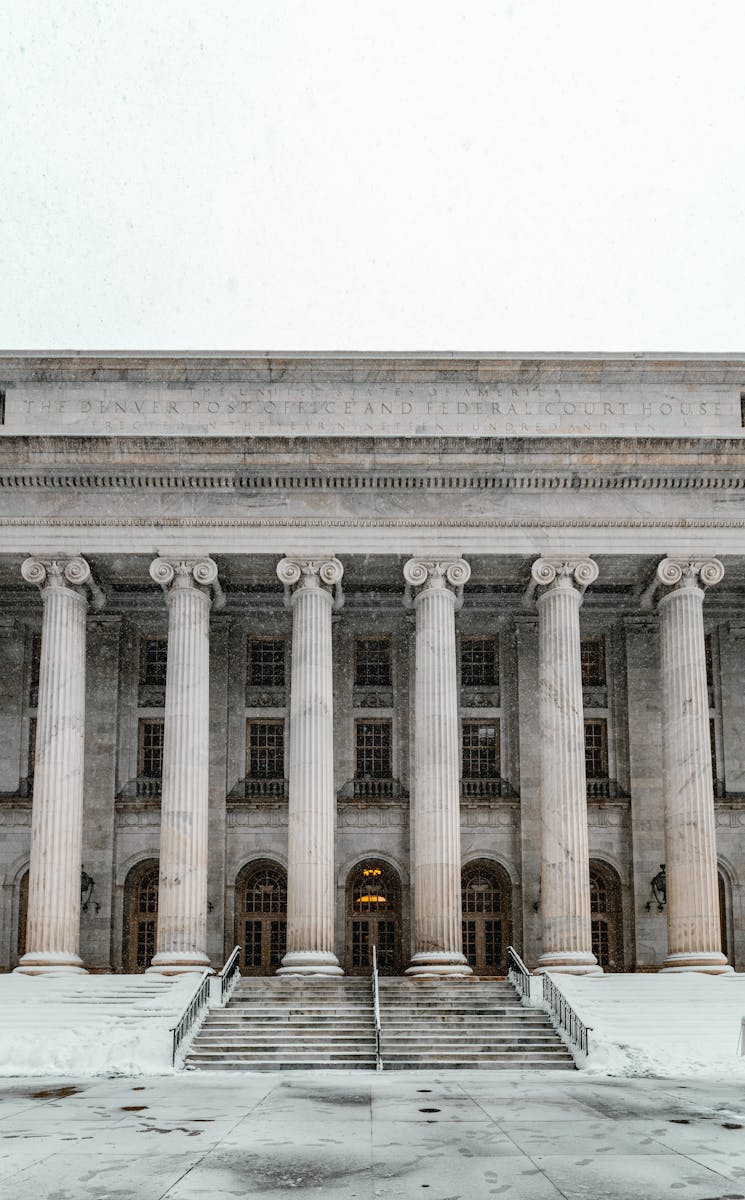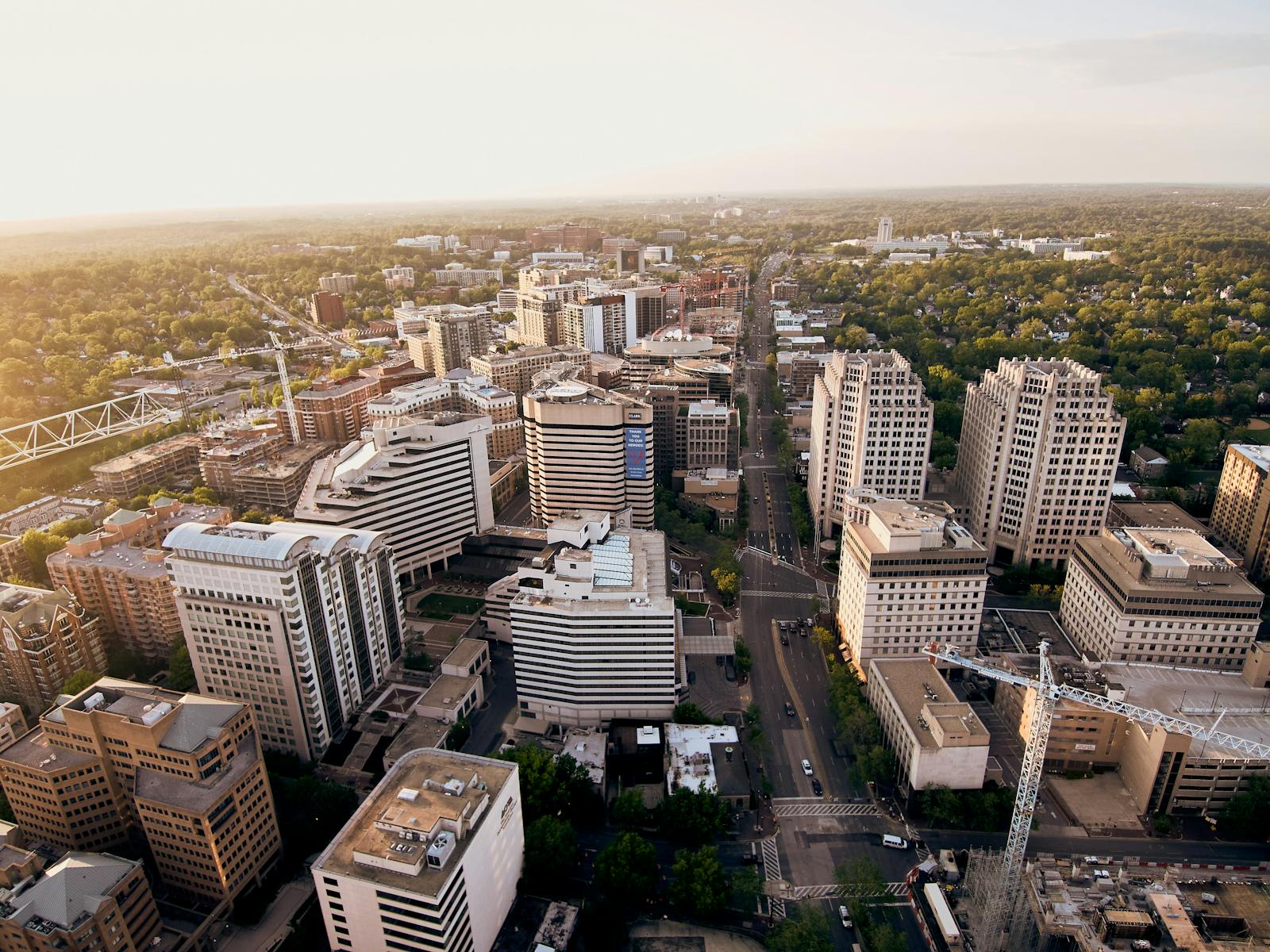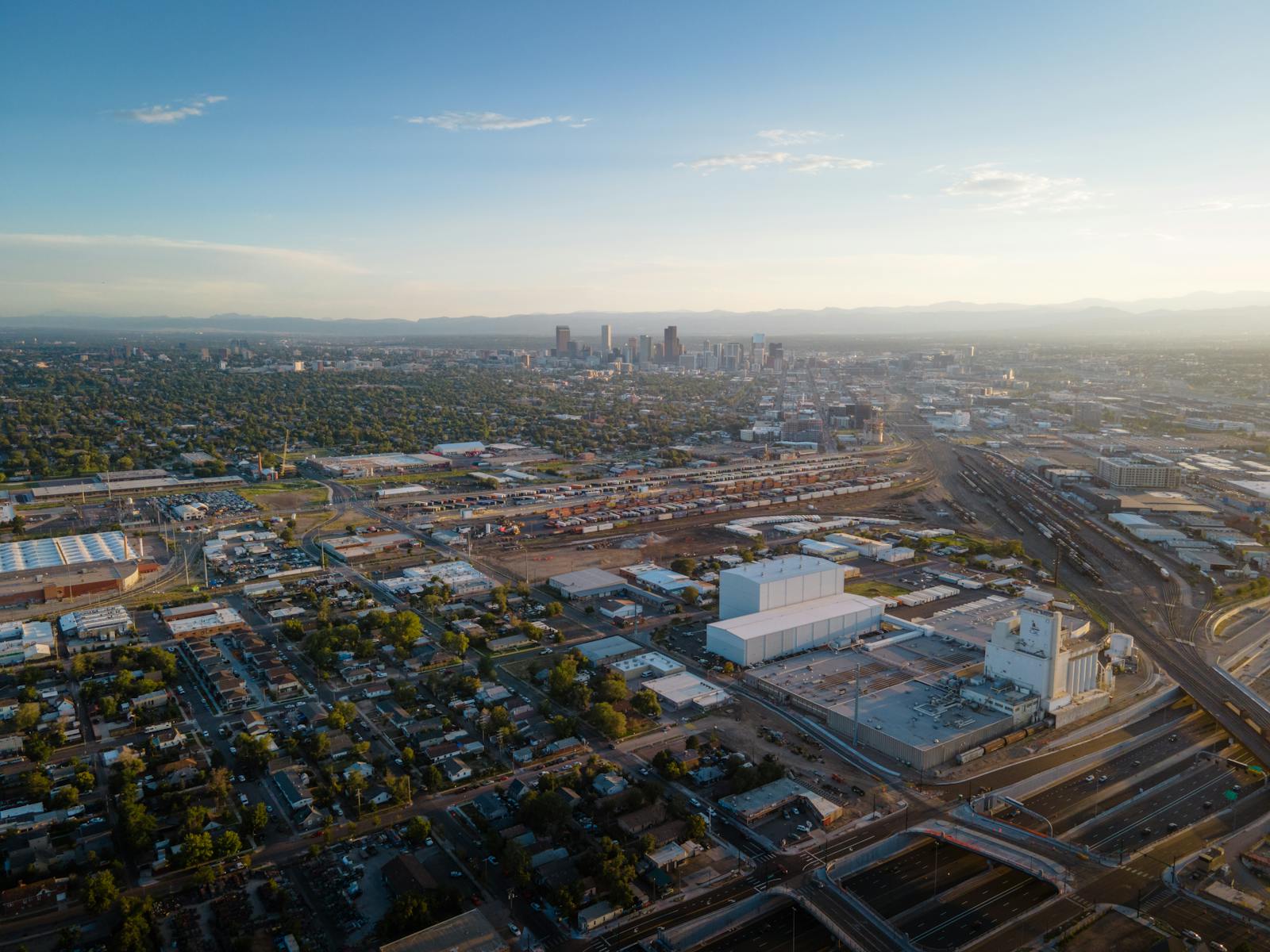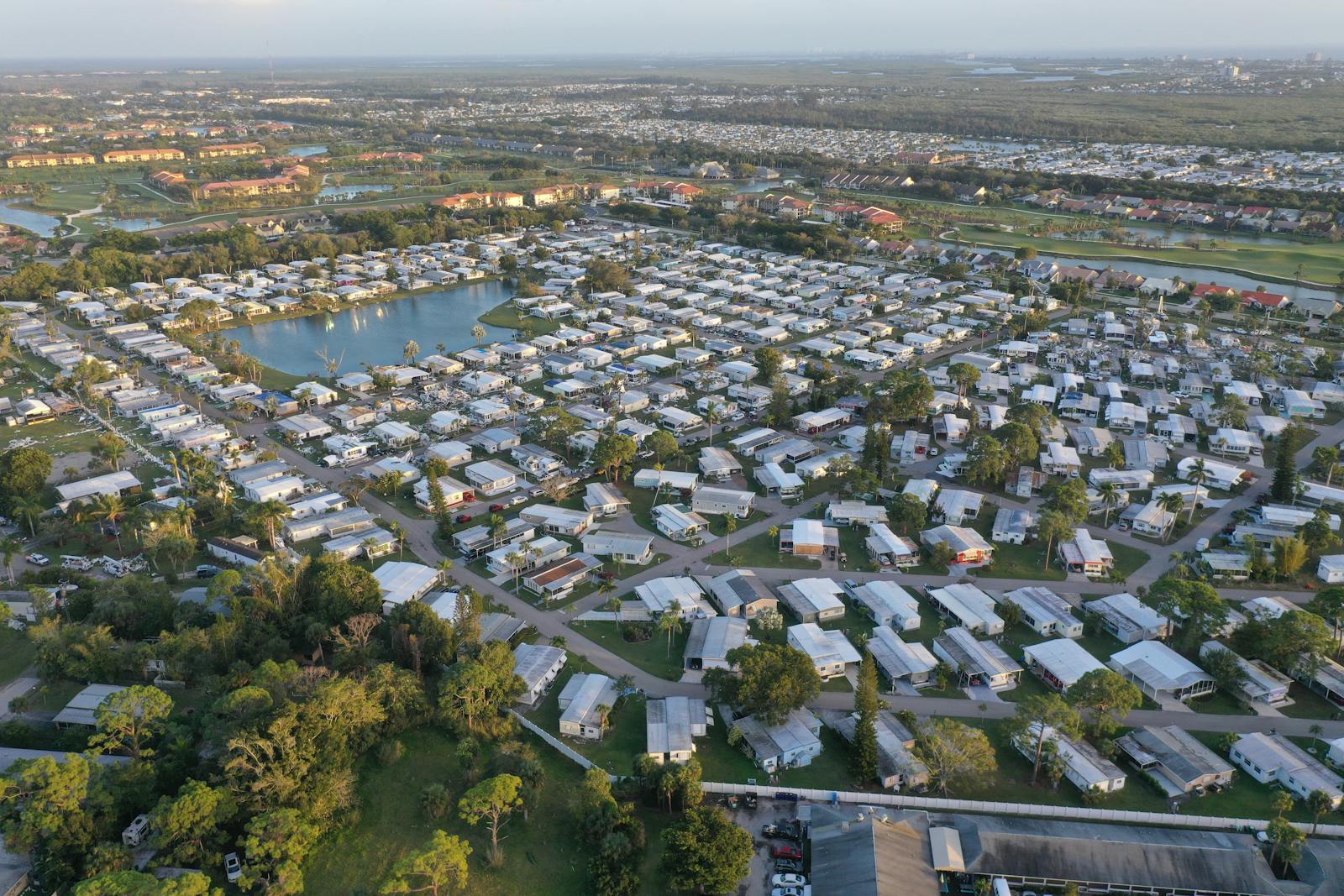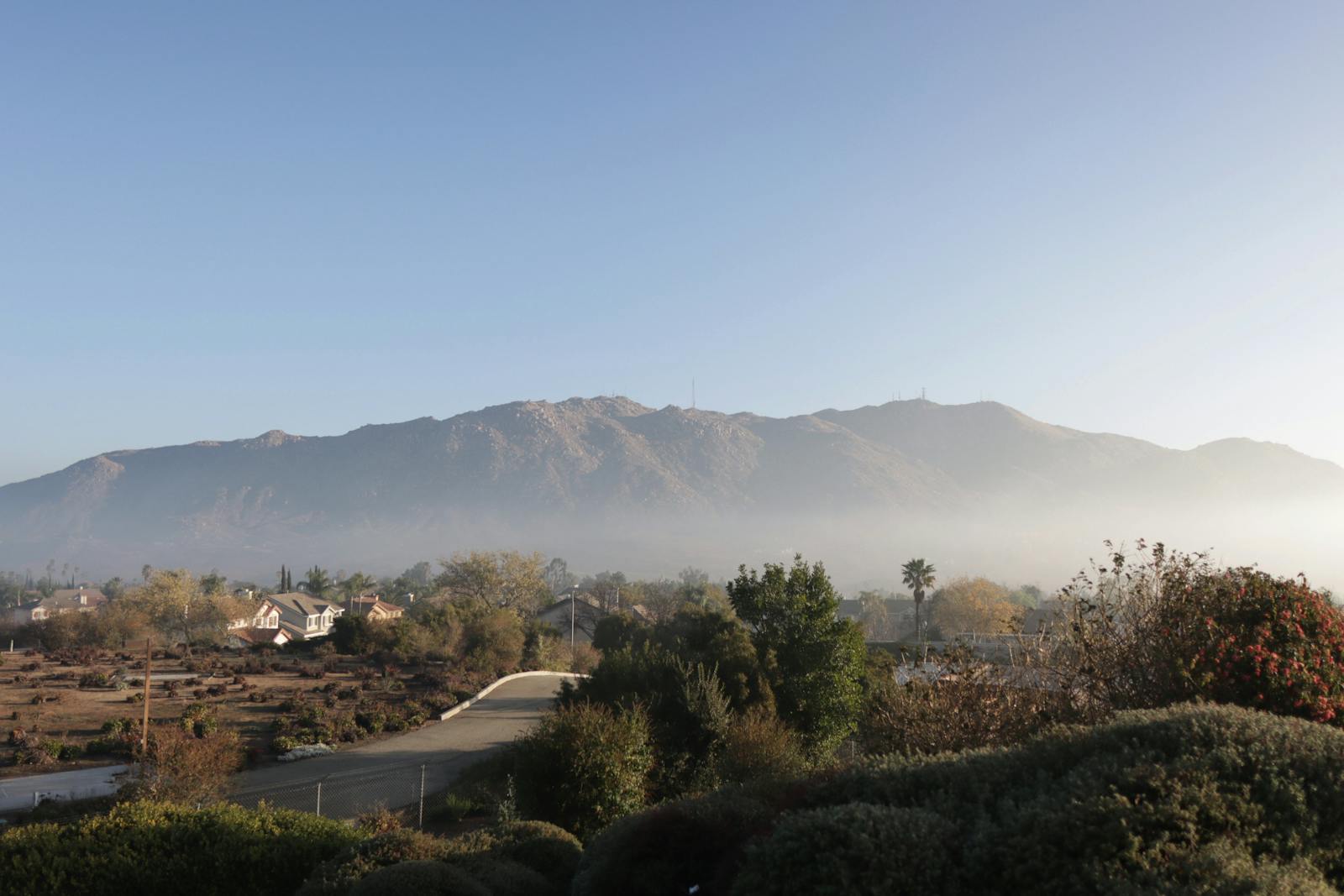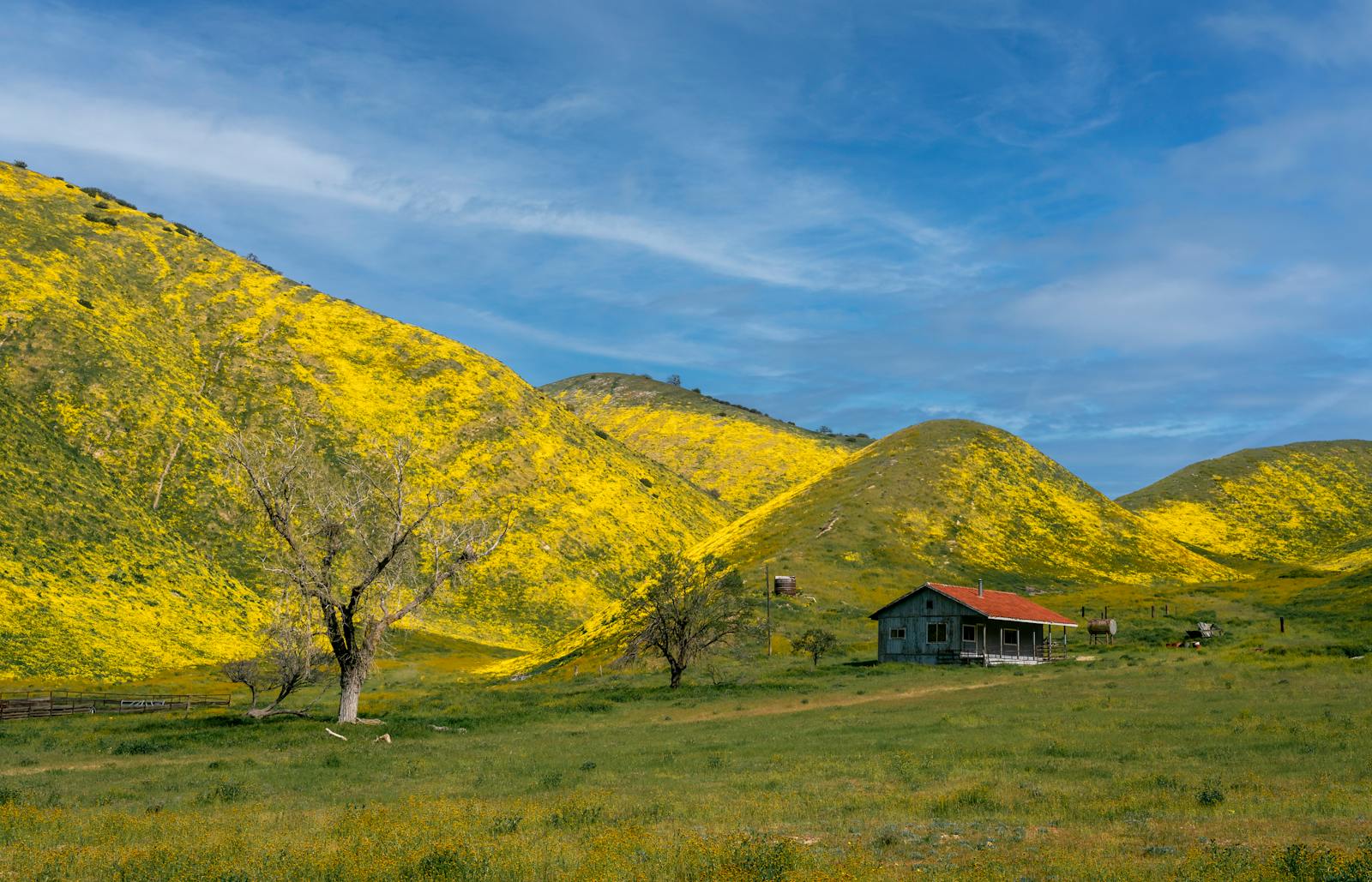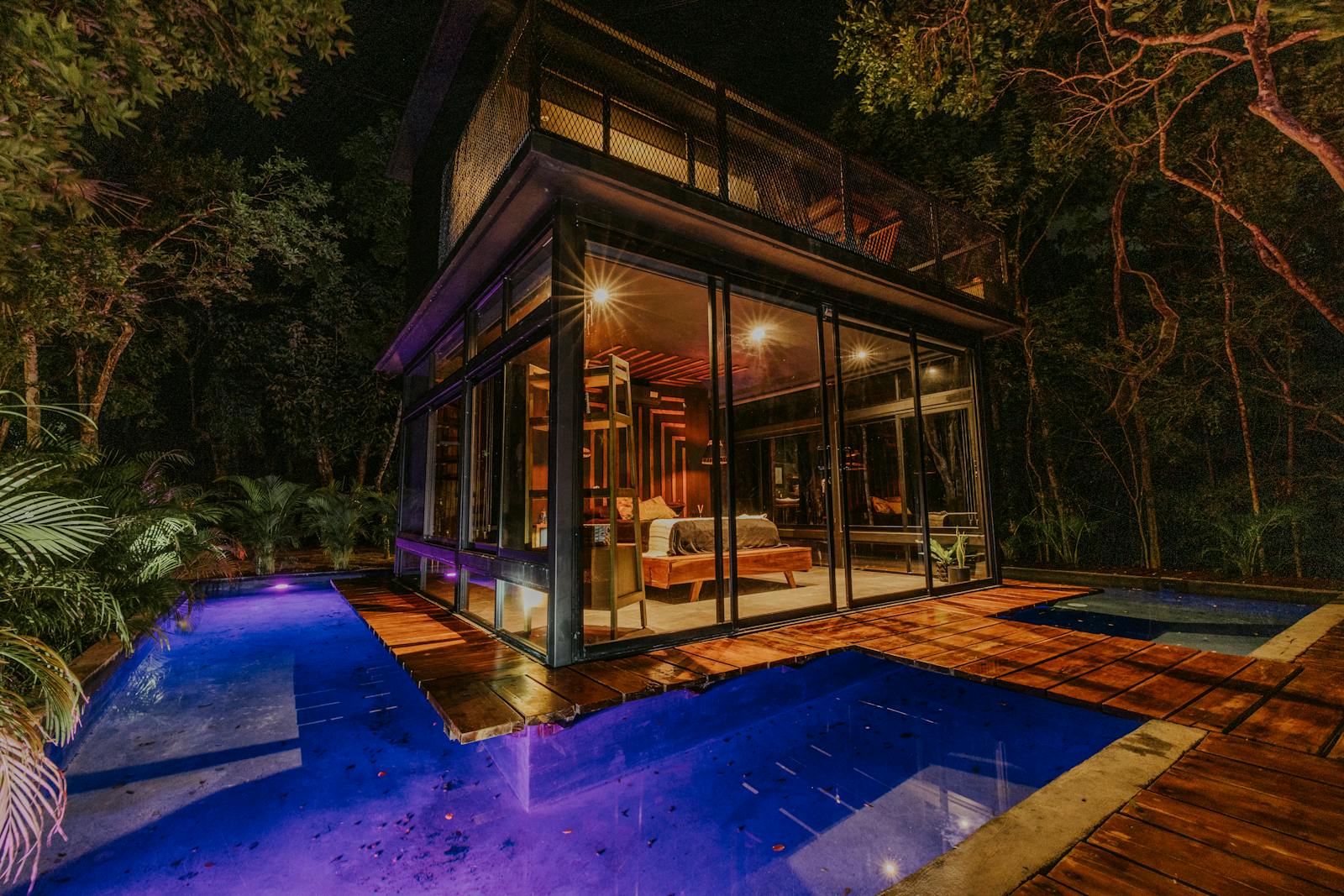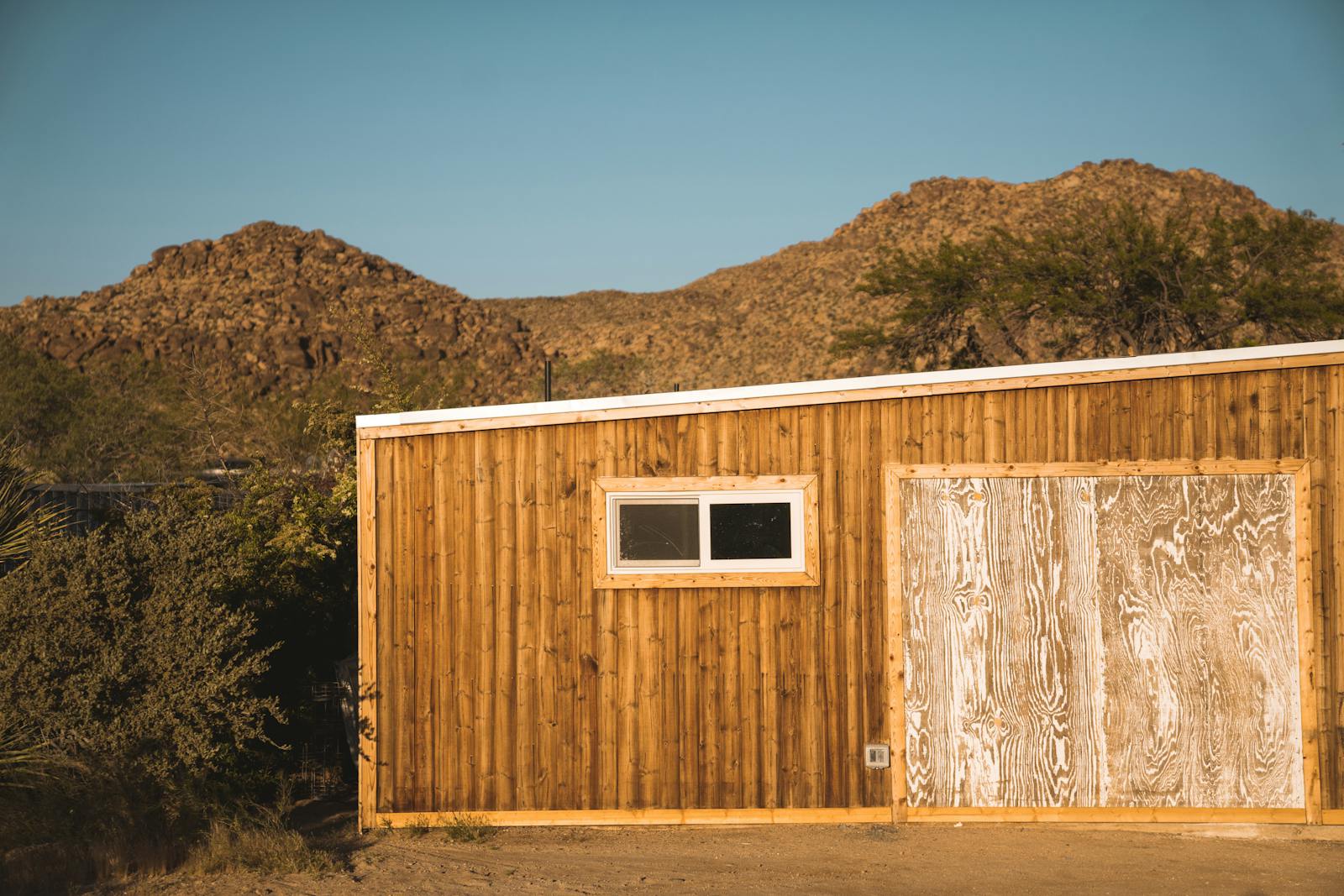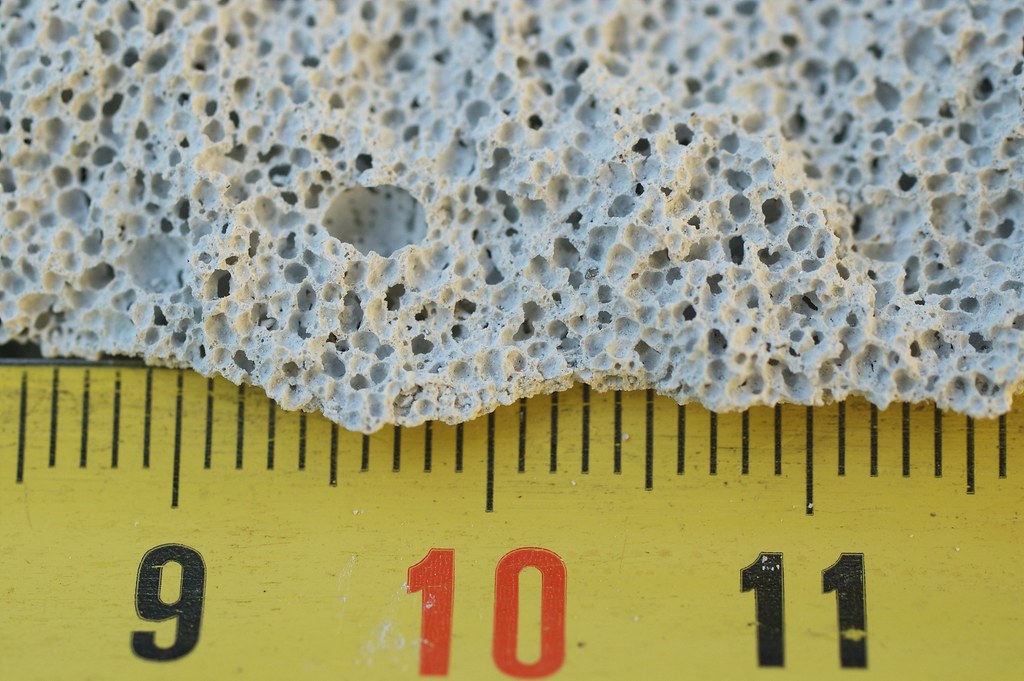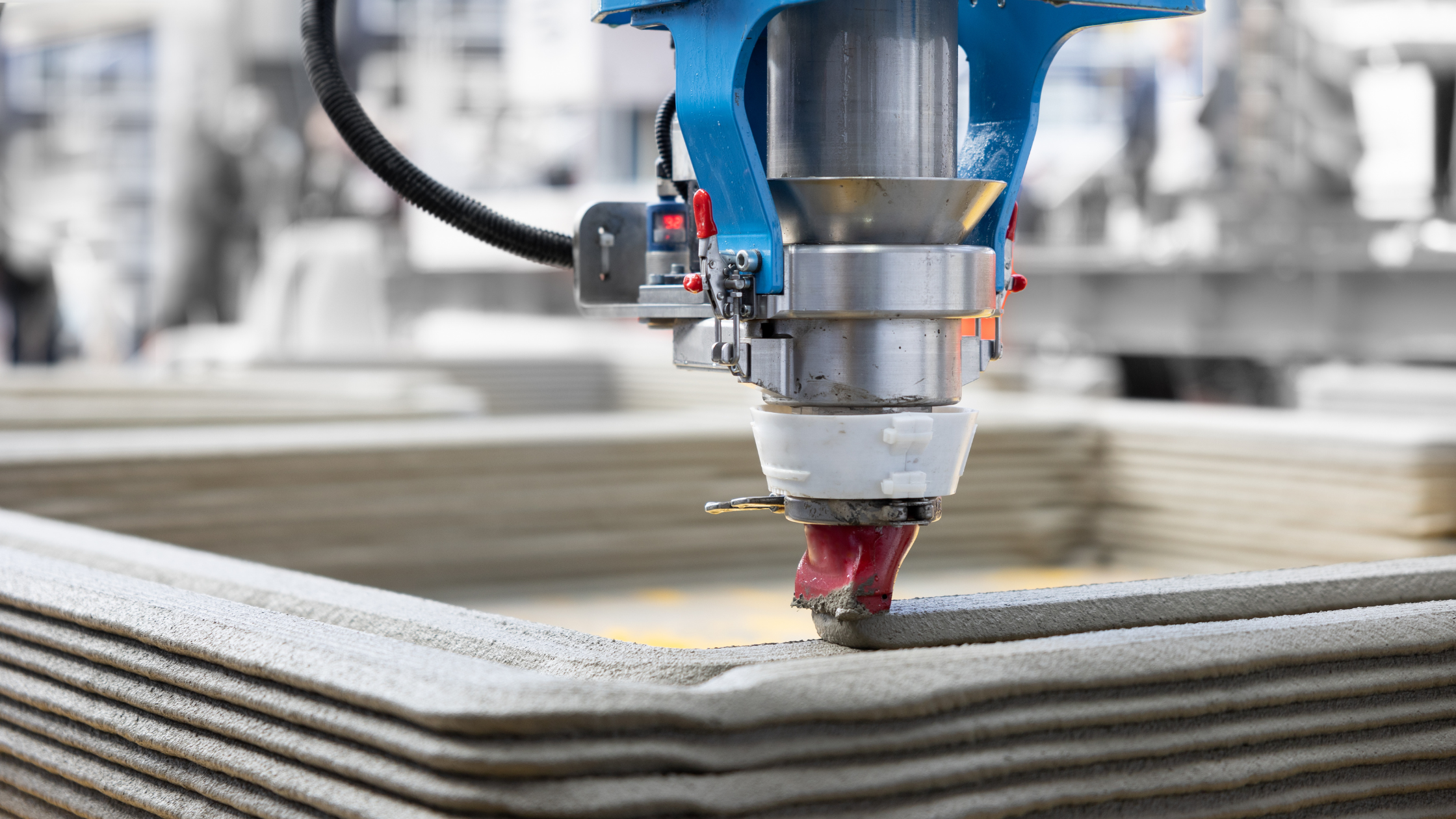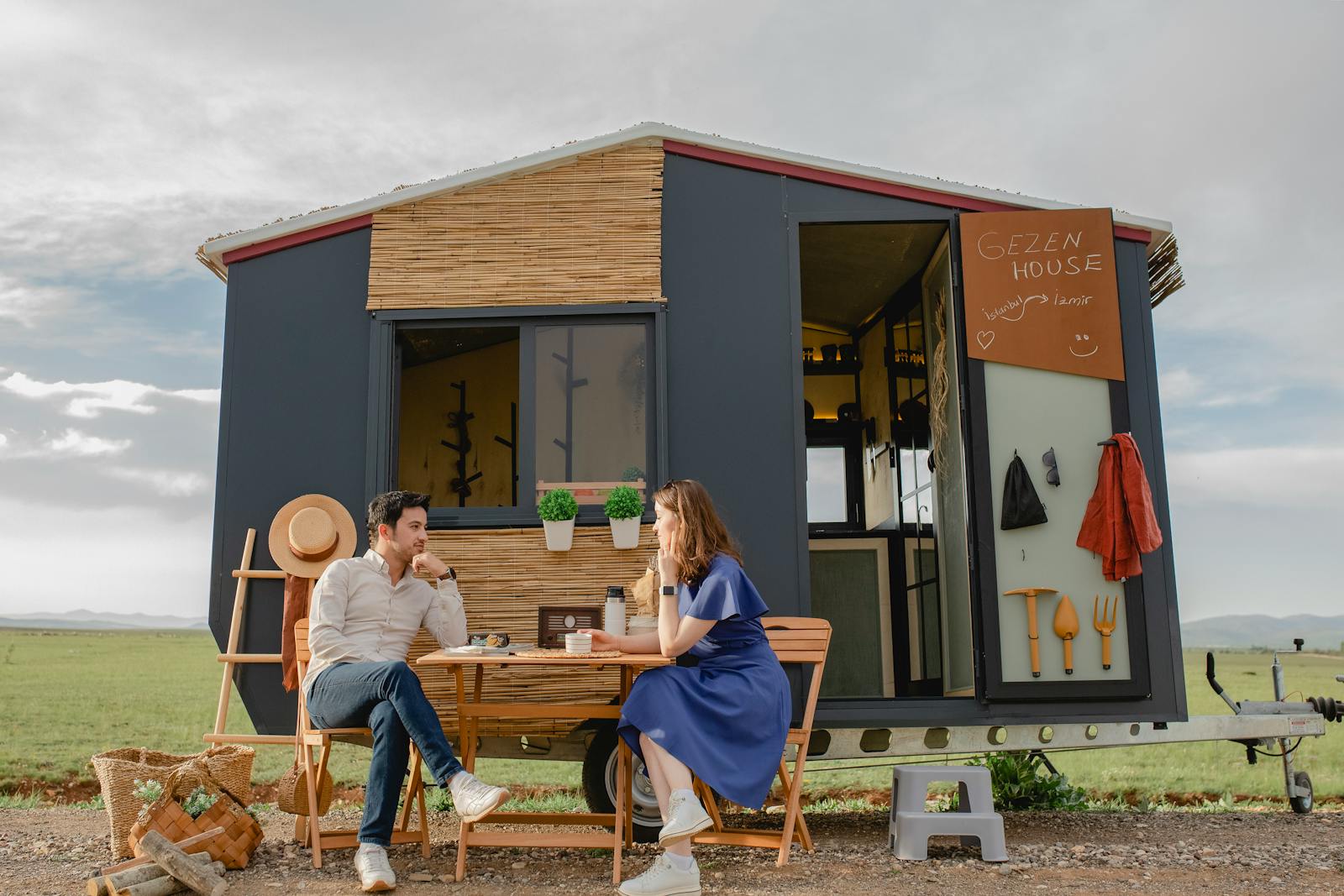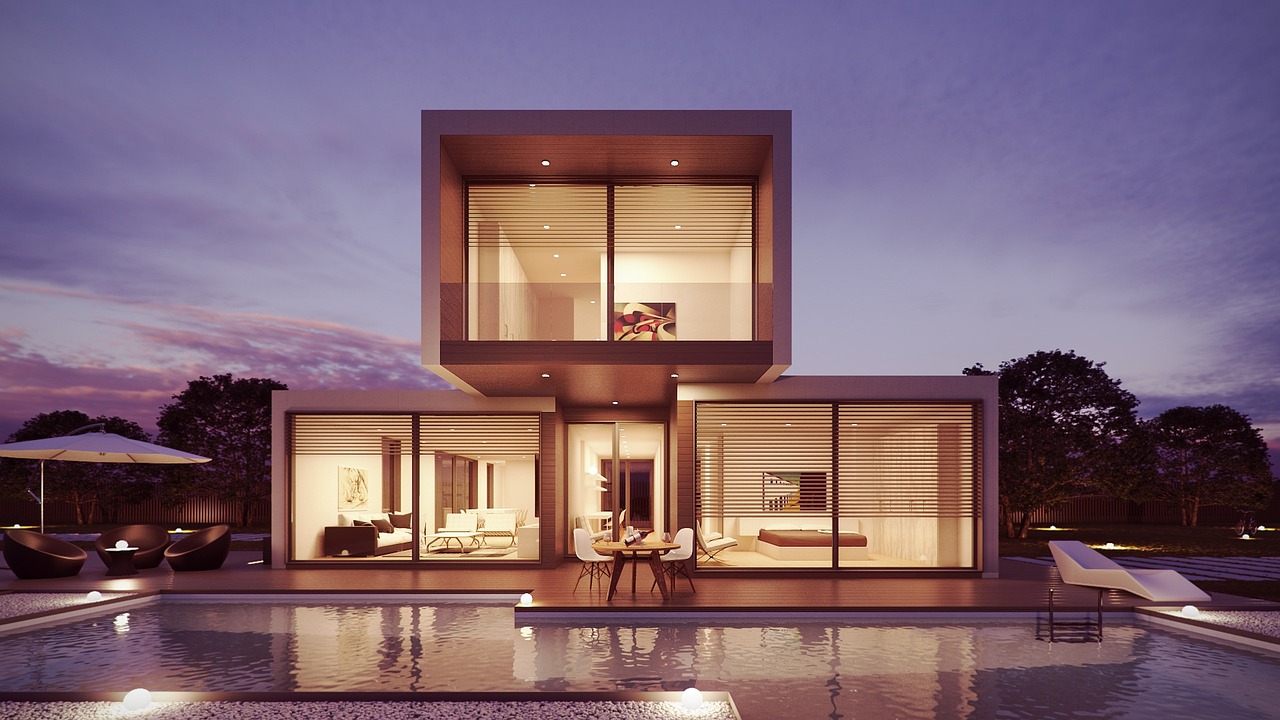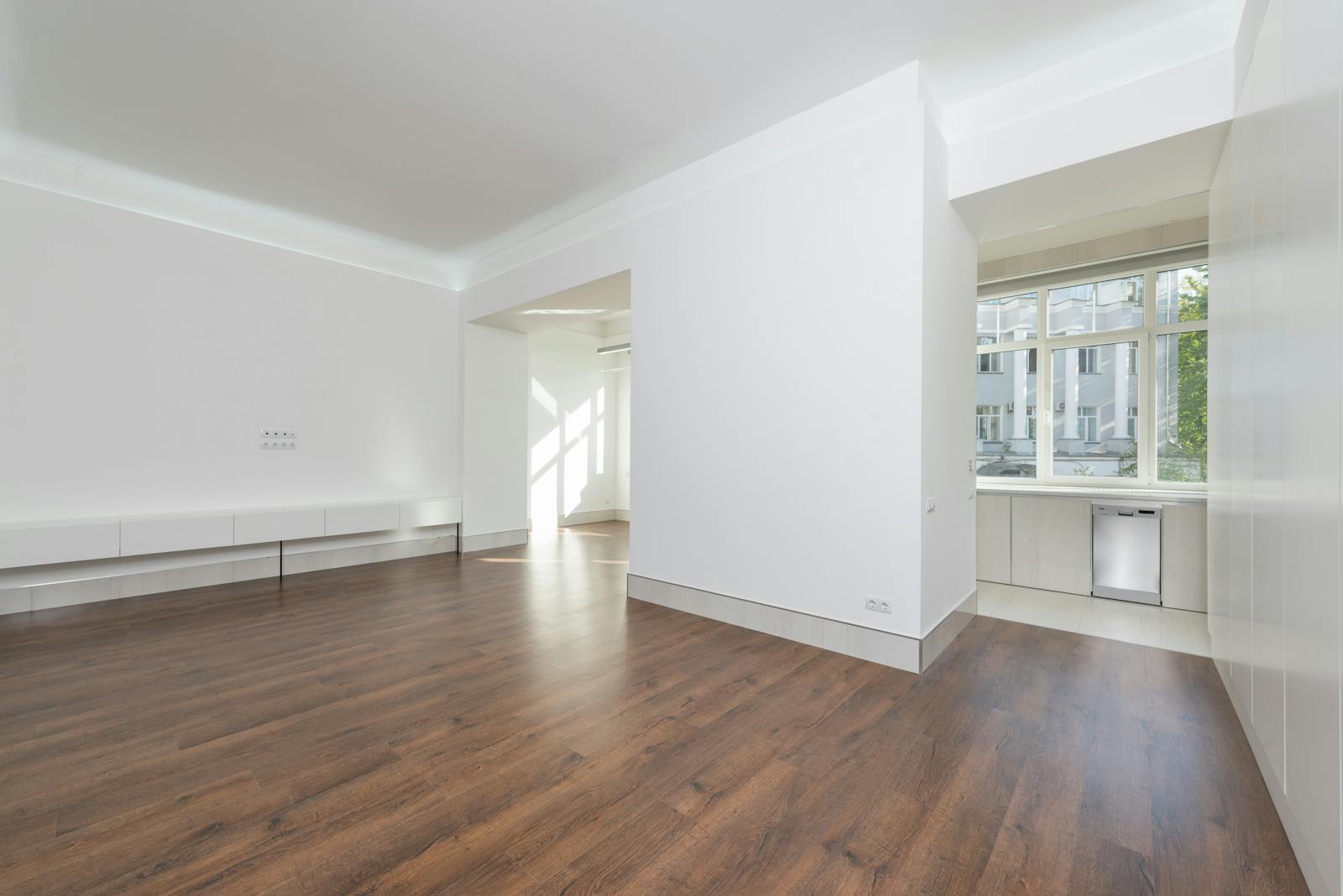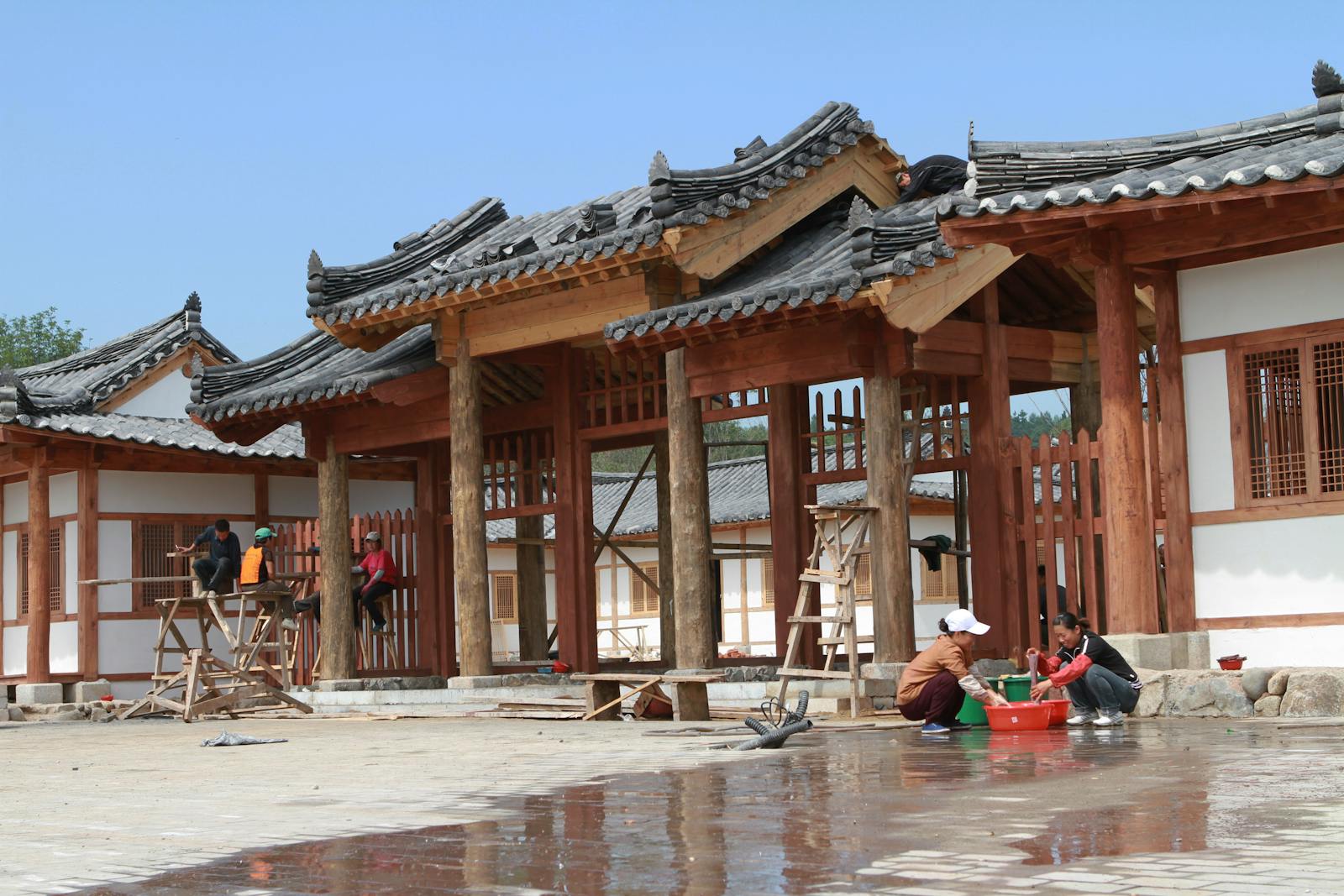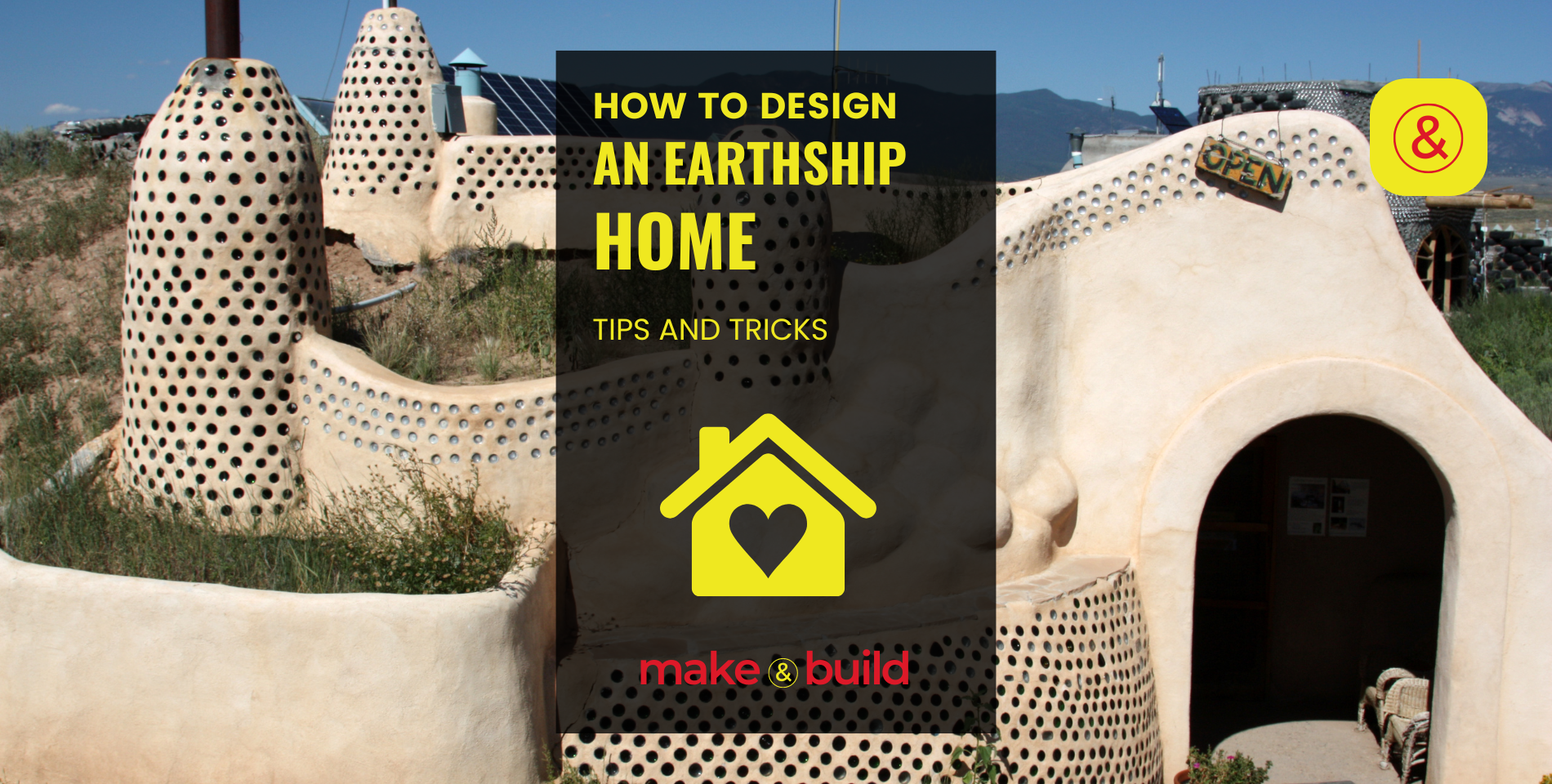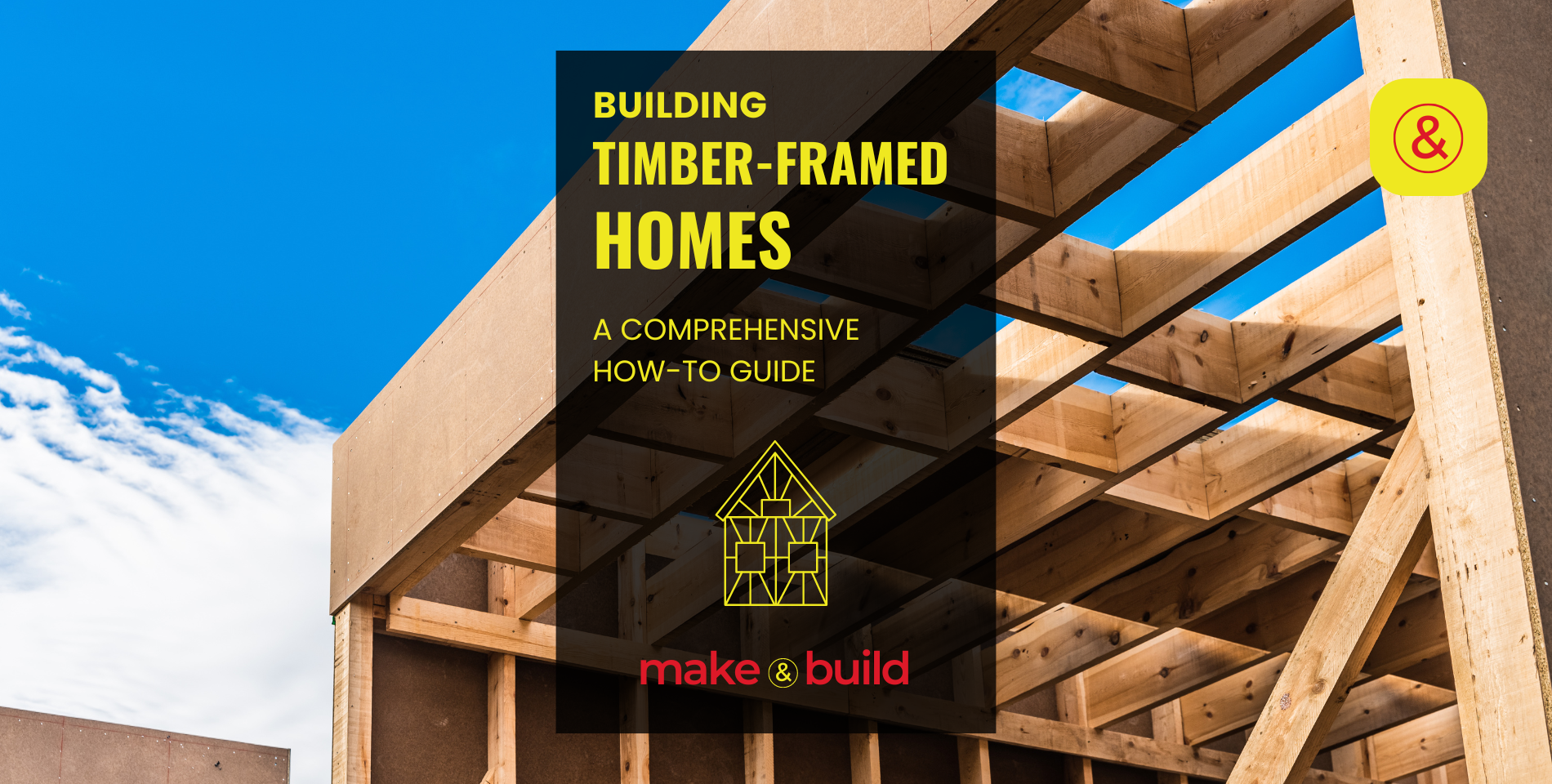Building in Denver, Colorado, USA
Denver, Colorado, is a rapidly growing city with a strong real estate market, sustainability-focused building initiatives, and diverse construction opportunities. Known for its semi-arid climate, extreme weather conditions, and high demand for energy-efficient homes, Denver offers great potential for urban, suburban, and off-grid developments but comes with high material costs and zoning complexities.
Building in Denver, Colorado, USA
Denver, Colorado, is a rapidly growing city with a strong real estate market, sustainability-focused building initiatives, and diverse construction opportunities. Known for its semi-arid climate, extreme weather conditions, and high demand for energy-efficient homes, Denver offers great potential for urban, suburban, and off-grid developments but comes with high material costs and zoning complexities.
Denver Building Insights
- Scores
- Building Insights
- Photos
- Video
- Building Costs & Affordability
- Zoning & Land Use Regulations
- Infrastructure Readiness
- Climate & Environmental Factors
- Sustainability & Green Building
- Construction Workforce
- Investment & Development Potential
- Permitting & Bureaucratic Hurdles
- Seismic, Flood & Disaster Resilience
- Urban Expansion vs. Rural Development
- Top Construction Methods Used in the City
✅ Overall City Development Score
🏛️ Ease of Building Permits & Regulations Score
📍 Zoning Flexibility Score
🏢 Land Availability Score
👷 Construction Workforce Availability Score
🪵 Material Accessibility Score
🔌 Infrastructure Readiness Score
💰 Cost of Construction Score
⏳ Project Completion Speed Score
🌡️ Climate Adaptability Score
🌪️ Extreme Weather Risk Score
💨 Air Quality Score
🚰 Water Availability & Quality Score
🏗️ Soil Stability Score
🌱 Sustainability & Green Building Score
🏦 Real Estate Investment Potential Score
📊 Cost of Living Score
📈 Property Value Growth Score
📝 Taxation & Development Incentives Score
🏢 Business & Commercial Growth Score
🚇 Transportation & Public Transit Score
⚡ Utility & Energy Reliability Score
📡 Smart City & Technology Integration Score
🚶 Walkability & Accessibility Score
🏗️ Urban Density & Space Efficiency Score
🛡️ Safety & Crime Rate Score
🎓 Education & Workforce Training Score
🏥 Healthcare & Emergency Services Score
🏡 Community Development & Livability Score
🚀 Future Growth Potential Score
📖 City Building Overview:
Denver, Colorado, is one of the fastest-growing cities in the U.S., attracting developers, homeowners, and investors seeking modern, sustainable, and energy-efficient construction solutions. With a semi-arid climate, cold winters, hot summers, and frequent hailstorms, building in Denver requires durable materials, high insulation standards, and weather-resistant designs.
The city’s real estate market is thriving, with increasing demand for high-density urban developments, suburban single-family homes, and energy-efficient off-grid living in surrounding areas. Sustainability is a major focus, with strict building codes promoting green technology, passive design, and solar power integration. However, construction costs remain above the national average, and the permitting process can be complex, requiring careful planning and compliance with zoning regulations.
With strong infrastructure, access to skilled labor, and various government incentives for sustainable construction, Denver presents a strong investment opportunity for builders and developers who can navigate its climate challenges, regulations, and rising costs.
💡 Key Considerations for Building in Denver:
- Best suited for insulated concrete, prefab, and energy-efficient homes.
- Extreme weather conditions (hail, snow, and temperature swings) impact material selection.
- Increasing interest in ADUs, multi-family housing, and sustainable developments.
- Strong demand for modern, eco-friendly, and smart home designs.
City Name 🏙️
Country 🌍
United States
Latitude & Longitude 📍
39.7392° N, -104.9903° W
✈️ Living & Working Remotely
Climate & Weather Considerations ☀️🌧️
Dry, Cold – Denver experiences a semi-arid climate, with cold winters, hot summers, and low humidity. The city gets plenty of sunshine year-round but also experiences heavy snowfall in winter and occasional hailstorms.
Nearby Parks and Attractions 🌅
Denver is home to stunning parks, outdoor adventures, and cultural attractions. Explore Rocky Mountain National Park, Red Rocks Park & Amphitheatre, Washington Park, and the Denver Botanic Gardens for nature, recreation, and scenic beauty.
Best Construction Methods for the City 🏗️
✅ Traditional Brick & Concrete – Durable and well-suited for Denver’s freeze-thaw cycles.
✅ Prefab Homes – Modular construction is gaining popularity due to efficiency and sustainability.
✅ Insulated Concrete Forms (ICF) – Provides excellent insulation for extreme temperature swings.
✅ 3D-Printed Homes – Emerging technology with potential for energy-efficient, affordable housing.
✅ Timber Frame Homes – Common in residential construction but must be well-insulated.
Local Building Regulations & Permits 📜
- Denver’s building codes follow the 2021 International Building Code (IBC) with local amendments.
- Strict energy efficiency standards, requiring homes to meet high insulation (R-value) requirements.
- Permit process can be complex, with zoning laws varying across different neighborhoods.
- Special permits may be required for solar panels, ADUs (Accessory Dwelling Units), and off-grid homes.
Water Management & Tap Water Quality 💧
Denver’s water supply comes from mountain snowmelt, providing high-quality drinking water, but aging infrastructure and drought risks require ongoing management. 💧 Learn more about water quality and conservation at WaterWise Innovations or check Denver’s tap water and Denver Water Management🚰
Zoning & Land Use Restrictions 🏢
- Denver allows for mixed-use developments, high-density housing, and urban infill projects.
- Certain areas restrict high-rise buildings to preserve historical and neighborhood aesthetics.
- Growing demand for ADUs and multi-family housing to address housing shortages.
- Some areas are protected as historic districts, limiting major structural modifications.
Farming & Gardening Potential 🌱
Denver’s high-altitude climate supports urban gardening, greenhouse farming, and drought-resistant crops, but short growing seasons require strategic planning. 🌱 Explore the best gardening techniques for Denver at RootJoy!
Availability of Construction Materials 🏗️
Moderate – Denver has easy access to concrete, steel, and wood, but supply chain disruptions can affect material costs. High demand for sustainable materials is driving an increase in locally sourced options.
City Sustainability 🌍
Denver is a leader in sustainability, with strong renewable energy initiatives, green building incentives, and extensive public transit options. 🌍 Discover how cities worldwide are embracing sustainability at Sustainable World!
Cost of Construction Per Square Foot 💰
- Residential Construction: $225 – $350 per sq. ft.
- Commercial Construction: $250 – $500 per sq. ft.
- Luxury or Custom Homes: $400 – $700+ per sq. ft.
Workforce & Skilled Labor Availability 👷
Medium – Denver has a strong construction workforce, but demand for skilled labor (electricians, masons, and HVAC specialists) is increasing. Labor shortages in certain sectors can lead to higher wages and longer build times.
Sustainability & Green Building Initiatives 🌱
Strong – Denver is a leader in sustainable construction and has strict energy efficiency mandates.
- Green Building Ordinance requires new builds to meet energy efficiency standards.
- Tax incentives available for solar panels, high-efficiency HVAC systems, and water-saving designs.
- Increasing focus on net-zero energy buildings and sustainable urban development.
Infrastructure & Utilities Access ⚡
Reliable – Modern infrastructure, well-maintained roads, and strong energy grid, but urban expansion is putting strain on utilities.
- Water supply is a concern due to Colorado’s semi-arid climate.
- Expanding public transit and electric vehicle infrastructure.
Resilience to Natural Disasters 🌪️
✅ Earthquakes (Low Risk) – Denver is not in a major seismic zone but still follows structural safety codes.
⚠️ Flooding (Moderate Risk) – Flash floods occur due to rapid snowmelt and heavy summer storms.
⚠️ Hailstorms (High Risk) – One of the most hail-prone cities in the U.S., affecting roofing materials.
✅ Wildfires (Low Risk) – City itself is not at high risk, but surrounding mountain areas are vulnerable.
✅ Extreme Cold & Snowstorms (High Risk) – Insulation and heating efficiency are crucial for homes.
Investment & Development Opportunities 📈
High – Denver’s real estate market remains strong, with growing demand for housing, mixed-use developments, and sustainable construction.
- Booming demand for urban infill projects and high-density housing.
- Increasing interest in off-grid and energy-efficient homes.
- Luxury and custom home market continues to thrive.
Urban vs. Rural Development Suitability 🌆🏡
✅ Best for Urban Development: Downtown, RiNo (River North), Cherry Creek, and Capitol Hill – High-density, mixed-use, and modern developments.
✅ Best for Suburban Development: Lakewood, Littleton, Aurora – Growing single-family and prefab home markets.
✅ Best for Off-Grid or Rural Development: Foothills west of Denver (Evergreen, Conifer) – Ideal for AirCrete, ICF, and passive solar homes.
Government Incentives & Grants 💸
- Green Roof Initiative: Tax incentives for eco-friendly roofing and insulation.
- Solar & Energy Efficiency Rebates: Credits for solar panels, smart HVAC systems, and water conservation tech.
- Affordable Housing Grants: Funding for developers building low-income and workforce housing.
- Historic Preservation Incentives: Grants available for restoring and renovating historic properties.
Building Insights & Key Facts 🔍
- Denver has one of the fastest-growing real estate markets in the U.S.
- Extreme weather conditions (hail, snow, and temperature swings) impact material selection.
- Sustainability mandates are driving innovation in passive design and energy-efficient buildings.
- ADUs and small-footprint homes are becoming increasingly popular due to zoning changes.
City Development Score 📊
78/100
💰 Building Costs & Affordability in Denver, Colorado
Building in Denver, Colorado comes with higher-than-average construction costs due to rising material prices, labor demand, and regulatory requirements. While the city remains an attractive market for real estate investment, affordability challenges exist for both developers and homeowners.
🏗️ Average Construction Costs in Denver
Denver’s construction costs vary depending on project size, location, and building type. Below is a general cost estimate:
| Building Type | Cost Per Square Foot (USD) | Notes |
|---|---|---|
| Standard Single-Family Home | $225 – $350 | Costs increase with custom designs and sustainability features. |
| Luxury or Custom Homes | $400 – $700+ | High-end materials, smart home tech, and energy-efficient designs raise costs. |
| Multi-Family Housing (Apartments, Condos) | $250 – $500 | Dependent on location, density, and amenities. |
| Commercial Construction | $250 – $500+ | Office buildings, retail spaces, and industrial developments. |
| Prefab & Modular Homes | $150 – $300 | Lower cost and faster build times compared to traditional methods. |
💡 Denver’s costs are higher than the national average, but strategic planning, prefabrication, and sustainable design can help reduce expenses.
🔨 Key Factors Affecting Construction Costs
🪵 1. Material Prices & Availability
- Material costs are rising due to supply chain issues and high demand.
- Lumber, concrete, and steel prices fluctuate, affecting budgeting.
- Eco-friendly materials cost more upfront but can lead to long-term savings.
👷 2. Labor Costs & Skilled Workforce Availability
- Denver has a strong construction labor market, but high demand increases wages.
- Shortage of skilled workers (electricians, masons, HVAC specialists) raises hiring costs.
- Prefab and modular construction require fewer workers, reducing labor expenses.
📜 3. Permitting, Regulations & Zoning Fees
- Denver has strict zoning laws, requiring time-consuming approvals for new developments.
- Permit fees and regulatory compliance can add thousands of dollars to project costs.
- Sustainable and green building projects may qualify for tax incentives that offset costs.
🏗️ 4. Energy Efficiency & Sustainability Standards
- Denver enforces high insulation and energy-efficiency requirements (R-value mandates).
- Installing solar panels, energy-efficient windows, and HVAC systems increases upfront costs.
- Long-term savings on utilities can make energy-efficient construction cost-effective over time.
🌆 5. Location & Land Costs
- Urban areas (Downtown, Cherry Creek, RiNo) have higher land costs than suburban locations.
- Suburban and rural areas offer more affordability but require infrastructure expansion.
- Vacant lots and redevelopment sites are limited, increasing competition and costs.
📈 Cost-Saving Strategies for Developers & Homeowners
✅ Use Prefabricated & Modular Construction – Reduces labor and material waste.
✅ Incorporate Sustainable & Passive Design – Lowers energy costs over time.
✅ Apply for Tax Incentives & Green Building Grants – Offsets upfront investment.
✅ Choose Cost-Efficient Materials – Engineered wood, ICF, and AirCrete offer affordability.
✅ Build in Emerging Neighborhoods – Lower land prices compared to downtown Denver.
📊 Cost & Affordability Score Breakdown (0-100)
| Category | Score | Notes |
|---|---|---|
| Overall Affordability | 65 | Higher than average U.S. construction costs. |
| Material Costs | 70 | Costs fluctuate but are generally high. |
| Labor Costs | 75 | Skilled labor is available but expensive. |
| Land & Lot Prices | 60 | High demand makes land costly in urban areas. |
| Permit & Regulatory Costs | 65 | Building approvals can add to overall expenses. |
| Energy Efficiency Investment Return | 85 | Long-term savings but high upfront investment. |
💡 Final Verdict: Is Denver Affordable for Building?
✔️ Denver is a prime location for construction and real estate investment, but high material and labor costs require strategic planning.
✔️ Prefab and sustainable construction methods can reduce costs while meeting regulatory standards.
✔️ Developers must navigate zoning restrictions and permitting fees that impact total project expenses.
✔️ While expensive upfront, green building incentives and long-term energy savings make eco-friendly construction worthwhile.
🚀 Despite rising costs, Denver remains a competitive market for real estate and innovative construction methods. Builders who optimize materials, labor, and incentives can maximize affordability and profitability.
📜 Zoning & Land Use Regulations in Denver, Colorado
Zoning laws in Denver, Colorado, play a significant role in shaping urban development, housing availability, and commercial expansion. The city follows a comprehensive zoning code that regulates land use, building height, density, and design to ensure sustainable and organized growth. While zoning flexibility is improving, developers and homeowners must navigate strict permitting processes, historic preservation rules, and evolving land-use policies.
🏛️ Overview of Denver’s Zoning Code
Denver’s zoning laws are outlined in the Denver Zoning Code (DZC), which governs:
✅ Land use types (residential, commercial, industrial, mixed-use).
✅ Density and height limits for new developments.
✅ Building setbacks, parking requirements, and lot coverage.
✅ Historic preservation districts and design guidelines.
💡 Zoning changes are frequent as Denver adapts to rapid population growth and housing demand.
🏡 Residential Zoning & Housing Development
Denver’s residential zoning categories determine what type of housing can be built in specific neighborhoods.
| Zoning Type | Allowed Housing Types | Key Considerations |
|---|---|---|
| Single-Family (SU) | Detached homes | Strict lot size and height requirements. |
| Two-Unit (TU) | Duplexes & accessory dwellings | Popular in high-density areas. |
| Multi-Unit (MU) | Townhomes, apartments, condos | Encouraged near transit hubs. |
| Mixed-Use (MS, MX) | Housing with retail & offices | Ideal for urban infill projects. |
💡 Recent zoning reforms encourage ADUs (Accessory Dwelling Units) and increased housing density.
🏢 Commercial & Mixed-Use Zoning
Denver’s commercial zoning allows for businesses, office buildings, retail spaces, and industrial development. The city has been expanding mixed-use zoning, promoting walkable neighborhoods that combine residential, office, and retail spaces.
Key Commercial Zoning Considerations:
- Downtown (D-C, D-TD, D-AD) allows for high-rise office buildings and residential towers.
- Neighborhood Commercial (C-MS, C-MX) supports small businesses, restaurants, and retail.
- Industrial & Warehouse (I-A, I-B) zones are located in areas like North Denver and near transit corridors.
💡 Zoning encourages higher-density developments near light rail stations and major roads.
🏗️ Zoning Restrictions & Development Challenges
🚫 Historic Preservation Regulations – Many areas require special approval for modifications or demolitions.
🚫 Height Restrictions in Certain Areas – Some neighborhoods limit building height to maintain community character.
🚫 Parking & Open Space Requirements – New developments must provide adequate parking and green space.
🚫 Strict Permitting for Off-Grid & Alternative Housing – Some sustainable housing types (tiny homes, Earthships, and AirCrete homes) face zoning hurdles.
💡 Developers should check neighborhood-specific zoning overlays before planning projects.
📑 Rezoning & Land Use Policy Trends
Denver is actively updating zoning laws to address housing shortages and urban growth.
🔹 ADU-Friendly Zoning Expansions – More areas are allowing Accessory Dwelling Units (ADUs) to boost affordable housing.
🔹 Higher-Density Housing Incentives – The city promotes multi-unit developments in transit-oriented districts.
🔹 Sustainability & Smart Growth Initiatives – Incentives for green building, renewable energy, and eco-friendly materials.
🔹 Commercial & Industrial Redevelopment – Adaptive reuse of old warehouses into mixed-use or residential properties.
💡 Developers looking for zoning changes can apply for rezoning or variances, though the process can take months.
📊 Zoning & Land Use Score Breakdown (0-100)
| Category | Score | Notes |
|---|---|---|
| Overall Zoning Flexibility | 70 | Some areas have restrictive zoning, but reforms are improving. |
| Residential Development Ease | 75 | ADU-friendly policies help, but single-family zoning dominates. |
| Mixed-Use & Transit-Oriented Development | 80 | Encouraged near downtown and major roads. |
| Commercial & Industrial Growth Potential | 85 | Strong opportunities, but zoning approval can be slow. |
| Historic Preservation Regulations | 60 | Restrictions exist in older neighborhoods. |
| Affordable Housing Zoning Initiatives | 75 | Some policies in place, but high costs remain a challenge. |
💡 Final Verdict: How Easy is It to Build in Denver?
✔️ Denver is evolving with zoning updates to encourage high-density housing and mixed-use developments.
✔️ The city supports transit-oriented growth, making it easier to build near public transportation.
✔️ Historic preservation laws and suburban zoning limits still pose challenges for developers.
✔️ Sustainability and energy-efficient developments are receiving incentives and policy support.
🚀 For developers willing to navigate zoning policies, Denver offers strong potential for smart growth and sustainable urban expansion.
-
Denver Zoning Code & Regulations: This page provides comprehensive information on Denver’s zoning code, balancing conservation and development to implement the community’s vision through the built environment.
-
Building Permits & Development Services: Access Denver’s online permitting and licensing system, submit applications, search for permit records, and find tutorial videos and FAQs to assist with the process.
-
Denver Interactive Zoning Map: Explore Denver’s zoning classifications and regulations through this interactive map, which provides detailed information on zoning districts and land use.
🔌 Infrastructure Readiness in Denver, Colorado
Denver, Colorado, boasts a well-developed and expanding infrastructure that supports residential, commercial, and industrial construction. With a strong transportation network, reliable utilities, and ongoing smart city initiatives, the city is well-equipped for future development. However, challenges such as aging water systems, rapid population growth, and transportation congestion must be considered when planning construction projects.
🏗️ Key Infrastructure Elements Affecting Construction
🚧 Roads & Transportation
- Denver has a highly connected road network, including I-25, I-70, and I-225, which facilitate movement of materials and workforce.
- Public transit options include buses, the RTD light rail system, and bike-friendly infrastructure.
- Ongoing expansion projects are improving road conditions and reducing congestion.
- Traffic congestion in high-density areas (Downtown, Cherry Creek, RiNo) can delay construction deliveries.
⚡ Energy Grid & Utility Services
- Electricity is provided by Xcel Energy, offering reliable power with increasing focus on renewable energy.
- Gas services are widely available, but natural gas use is being phased out in favor of electrification for sustainability.
- Solar energy adoption is growing, with incentives available for residential and commercial buildings.
- High-voltage infrastructure supports new developments, but grid modernization is ongoing.
🚰 Water Supply & Wastewater Management
- Denver Water supplies drinking water, sourced mainly from the Rocky Mountains.
- Aging water pipes in older areas may require upgrades, impacting construction timelines.
- Stormwater and drainage systems are being improved to prevent flooding in vulnerable areas.
- Sustainability mandates require efficient water use and rainwater collection for new builds.
📡 Telecommunications & Internet Access
- Denver is a 5G-enabled city, with strong broadband and fiber-optic coverage.
- High-speed internet is widely available, making smart home and tech-integrated buildings viable.
- Rural and developing areas may have limited fiber access, requiring infrastructure upgrades.
💡 Infrastructure Strengths & Challenges
✅ Strengths:
- Reliable energy grid with growing renewable energy options.
- Well-developed transportation system supporting construction logistics.
- Expanding smart city initiatives for digital connectivity and automation.
- Ongoing investment in water and utility systems for long-term sustainability.
⚠️ Challenges:
- Aging infrastructure in older neighborhoods may require costly upgrades.
- High demand for transportation improvements due to rapid urban expansion.
- Increasing water conservation regulations could impact large-scale developments.
📊 Infrastructure Readiness Score Breakdown (0-100)
| Category | Score | Notes |
|---|---|---|
| Road & Transportation Accessibility | 80 | Well-connected, but congestion can be an issue. |
| Energy Grid Reliability | 85 | Strong, with increasing renewable energy support. |
| Water Supply & Quality | 75 | Reliable, but aging pipes may need upgrades. |
| Waste Management & Drainage | 70 | Improvements needed in flood-prone areas. |
| Telecommunications & Internet Access | 90 | 5G and fiber-optic coverage are excellent. |
| Sustainability & Smart City Initiatives | 85 | Strong focus on green infrastructure and technology integration. |
💡 Final Verdict: Is Denver’s Infrastructure Ready for Growth?
✔️ Denver’s infrastructure is strong and continuously improving, making it a great city for new construction.
✔️ Transportation, utilities, and telecommunications are well-developed, supporting both urban and suburban development.
✔️ Aging water systems and traffic congestion are challenges that need to be addressed for long-term growth.
✔️ Smart city initiatives and sustainability policies are helping modernize infrastructure for future developments.
🚀 Overall, Denver is well-equipped for growth, but developers should plan for infrastructure upgrades in certain areas to ensure long-term success.
🌎 Climate & Environmental Factors in Denver, Colorado
Denver, Colorado, has a semi-arid climate with four distinct seasons, characterized by low humidity, abundant sunshine, cold winters, and hot summers. The city’s high elevation (5,280 feet above sea level) affects air pressure, weather patterns, and building considerations. Additionally, environmental factors like air pollution, drought conditions, and extreme weather events impact construction and urban planning.
☀️ Key Climate Characteristics
📅 Seasonal Temperature Variations
- Summers (June – August): Hot and dry, with temperatures averaging 85-95°F (29-35°C) but occasionally exceeding 100°F (37°C).
- Winters (December – February): Cold with temperatures dropping below freezing, averaging 15-45°F (-9 to 7°C).
- Spring & Fall: Transitional seasons with variable temperatures and moderate precipitation.
🌡️ Extreme Temperature Swings
- Denver’s high elevation causes rapid temperature fluctuations—a 60°F (15°C) drop within hours is not uncommon.
- Buildings must be well-insulated to handle extreme temperature variations.
🌤️ Sunshine & UV Exposure
- Denver gets over 300 days of sunshine per year, one of the highest in the U.S.
- Higher UV radiation at altitude can degrade exterior materials faster (roofing, paint, siding).
⛈️ Weather-Related Construction Challenges
❄️ Heavy Snowfall & Freeze-Thaw Cycles
- Snowstorms are common in winter, averaging 60 inches per year.
- Freeze-thaw cycles cause concrete expansion and cracking, requiring weather-resistant materials.
- Roof loads must account for snow accumulation, especially in mountain-adjacent areas.
🌪️ Hailstorms – A Major Concern
- Denver is in the “Hail Alley” and experiences severe hailstorms from April to September.
- Impact-resistant roofing materials (metal, composite, asphalt shingles) are essential.
- Insurance costs are high due to frequent hail damage claims.
🔥 Wildfire Risk in Surrounding Areas
- Denver itself has low wildfire risk, but the foothills and suburban areas (Evergreen, Boulder, Castle Rock) are vulnerable.
- Fire-resistant building materials, defensible space, and wildfire-ready designs are crucial.
💨 Strong Winds & Tornado Risk
- Chinook winds (warm, downslope winds) can exceed 75 mph, impacting roof integrity.
- Eastern Denver suburbs experience occasional tornadoes, requiring wind-resistant construction methods.
💧 Environmental Concerns Impacting Construction
🚰 Water Scarcity & Drought Conditions
- Denver relies on snowmelt from the Rocky Mountains for water supply.
- Drought conditions are common, leading to strict water conservation laws.
- Builders must incorporate water-efficient systems (rainwater harvesting, low-flow fixtures).
💨 Air Quality Issues
- Denver occasionally experiences high pollution levels, worsened by temperature inversions.
- Construction sites must follow dust control regulations to minimize particulate emissions.
- Eco-friendly building materials help improve indoor air quality.
🌱 Sustainability & Green Building Initiatives
- Denver has strict sustainability goals, encouraging solar panel installations, high-performance insulation, and green roofing.
- The Green Building Ordinance requires new commercial buildings to meet energy efficiency standards.
- LEED certification, passive solar design, and net-zero energy homes are increasingly common.
📊 Climate & Environmental Impact Score Breakdown (0-100)
| Category | Score | Notes |
|---|---|---|
| Temperature Stability | 50 | Extreme fluctuations require high-insulation materials. |
| Snow Load & Freeze-Thaw Resilience | 70 | Structures must be designed for heavy snow and ice expansion. |
| Hailstorm Risk | 40 | One of the most hail-prone cities, requiring impact-resistant materials. |
| Wildfire Risk | 60 | Low in the city, higher in foothill communities. |
| Wind & Storm Resilience | 75 | Wind-resistant roofing and siding are important. |
| Water Availability & Drought Resilience | 65 | Water-efficient building designs are crucial. |
| Air Quality Impact | 55 | Pollution and altitude affect indoor and outdoor air conditions. |
| Sustainability & Green Building | 90 | Strong incentives and city mandates for eco-friendly development. |
💡 Final Verdict: How Does Climate Affect Construction in Denver?
✔️ Buildings must be designed for temperature swings, snow loads, and wind resistance.
✔️ Hail-resistant materials are essential due to frequent severe storms.
✔️ Energy efficiency is a top priority, with strong sustainability initiatives in place.
✔️ Water conservation strategies should be integrated into all new developments.
🚀 With the right construction materials and sustainable practices, Denver’s climate can be managed effectively, making it a prime location for durable, energy-efficient, and future-proof buildings.
🌱 Sustainability & Green Building in Denver, Colorado
Denver is at the forefront of sustainable building and green infrastructure, with strict energy efficiency mandates, renewable energy incentives, and progressive zoning laws encouraging environmentally responsible development. With a growing demand for net-zero energy buildings, solar-powered homes, and high-performance insulation, Denver is setting new standards for eco-friendly construction in the U.S.
♻️ Green Building Policies & Regulations
Denver’s sustainability initiatives are guided by:
✅ Green Building Ordinance (GBO) – Requires large new buildings to include green roofs, solar panels, or energy-efficient designs.
✅ Denver Climate Action Plan – Aims for net-zero energy buildings by 2030.
✅ Energy Performance Standards – Mandatory energy benchmarking for commercial buildings over 25,000 sq. ft.
✅ Building Electrification Policies – Encourages electric heating and appliances over natural gas to reduce carbon emissions.
✅ Water Conservation Mandates – New developments must incorporate low-flow plumbing and drought-resistant landscaping.
💡 These policies make Denver a leader in green construction, driving demand for high-performance materials and sustainable building techniques.
🏗️ Sustainable Construction Materials & Methods
Developers and homeowners in Denver are increasingly adopting:
✅ Energy-Efficient Insulation & Passive Design
- High R-value insulation is required due to extreme temperature swings.
- Passive solar design reduces heating and cooling costs.
- Triple-pane windows & airtight building envelopes improve energy performance.
✅ Renewable Energy & Off-Grid Capabilities
- Solar panels are widely used, with financial incentives available.
- Wind and geothermal energy are viable in some locations.
- Battery storage systems are becoming more common for energy independence.
✅ Water Conservation & Sustainable Landscaping
- Rainwater harvesting & greywater recycling reduce water use.
- Xeriscaping (drought-resistant plants) is encouraged to minimize irrigation needs.
- Permeable pavement and bioswales improve stormwater management.
✅ Sustainable & Recycled Building Materials
- Reclaimed wood & recycled steel are popular for eco-conscious developments.
- Hempcrete, AirCrete, and insulated concrete forms (ICF) offer high insulation and sustainability.
- Low-VOC (volatile organic compound) paints and adhesives improve indoor air quality.
🌿 Green Infrastructure & Smart City Initiatives
Denver is integrating sustainability into urban planning through:
- Smart Grid Expansion – Modernizing the electrical grid for efficiency.
- EV Charging Infrastructure – Incentives for electric vehicle-friendly developments.
- Green Roof Requirements – Vegetated roofs for stormwater management & insulation.
- Sustainable Public Transit – Expansion of light rail, bus rapid transit, and bike lanes.
- Carbon-Neutral Building Goals – Push for net-zero emissions across new developments.
💡 The city’s commitment to sustainability makes it an ideal location for eco-friendly and energy-efficient construction.
📊 Sustainability & Green Building Score Breakdown (0-100)
| Category | Score | Notes |
|---|---|---|
| Overall Sustainability Rating | 90 | One of the leading green building cities in the U.S. |
| Energy Efficiency Standards | 95 | Strict energy codes promote high-performance homes. |
| Renewable Energy Incentives | 90 | Strong incentives for solar, wind, and battery storage. |
| Water Conservation Initiatives | 85 | Drought-resistant landscaping and efficient water use required. |
| Recycling & Waste Reduction in Construction | 80 | Encouraged, but enforcement varies. |
| Green Transportation & EV Infrastructure | 85 | Extensive public transit & EV charging expansion. |
| Smart City & Carbon-Neutral Goals | 90 | Net-zero building goals driving innovation. |
💡 Final Verdict: How Sustainable is Building in Denver?
✔️ Denver has some of the most progressive green building laws in the U.S.
✔️ Solar power, high-performance insulation, and smart energy systems are the norm.
✔️ Developers can take advantage of tax incentives and sustainability grants.
✔️ Strict energy efficiency and water conservation laws make eco-friendly building essential.
🚀 With its strong sustainability policies and green building incentives, Denver is an excellent place for developing net-zero, energy-efficient, and environmentally friendly homes and buildings.
👷 Construction Workforce in Denver, Colorado
Denver, Colorado, has a strong and growing construction workforce, driven by a booming real estate market, infrastructure projects, and high demand for skilled labor. The city’s labor market benefits from a mix of experienced tradespeople, apprenticeship programs, and a steady influx of workers, but rising labor costs and skilled worker shortages present challenges for large-scale developments.
🏗️ Construction Labor Availability & Skill Levels
👷 Skilled Workforce Strengths
✅ High availability of general contractors, electricians, and HVAC specialists.
✅ Growing demand for green building specialists and renewable energy installers.
✅ Active apprenticeship and training programs supporting workforce expansion.
✅ Strong presence of labor unions ensuring worker safety and quality craftsmanship.
⚠️ Workforce Challenges
- Skilled labor shortages in key trades (plumbing, masonry, welding, and framing).
- Rising wages due to high demand and competition from other industries.
- Longer project timelines caused by limited availability of specialized workers.
- Increased reliance on prefabrication and modular construction to offset labor gaps.
💡 While Denver has a solid construction workforce, the need for skilled labor continues to outpace supply, driving up project costs and extending build times.
🔨 Construction Wages & Labor Costs
Labor costs in Denver are higher than the national average, with skilled workers commanding competitive salaries due to high demand. Below are some estimated wage ranges for key construction roles:
| Job Title | Average Hourly Wage (USD) | Annual Salary (USD) |
|---|---|---|
| General Contractor | $40 – $65 | $80,000 – $135,000 |
| Electrician | $30 – $50 | $60,000 – $100,000 |
| Plumber | $35 – $55 | $70,000 – $110,000 |
| HVAC Technician | $28 – $45 | $56,000 – $90,000 |
| Carpenter | $25 – $45 | $50,000 – $90,000 |
| Mason | $25 – $40 | $50,000 – $80,000 |
| Welder | $28 – $42 | $56,000 – $85,000 |
| Roofer | $22 – $38 | $45,000 – $75,000 |
💡 Higher labor costs in Denver increase overall project budgets but ensure access to quality craftsmanship and skilled workers.
🏫 Workforce Development & Training Programs
Denver is investing in workforce training to address labor shortages and improve construction skills. Key programs include:
- Colorado Homebuilding Academy – Free training for construction careers.
- Construction Careers Now (CCN) – Accelerated four-week program connecting workers to jobs.
- Denver Joint Apprenticeship Training Committee (JATC) – Electrician training program.
- Associated General Contractors (AGC) of Colorado – Workforce development initiatives.
💡 These programs help train new workers, but the demand for experienced tradespeople still exceeds supply.
📊 Construction Workforce Score Breakdown (0-100)
| Category | Score | Notes |
|---|---|---|
| Overall Workforce Availability | 75 | Strong, but shortages in specialized trades. |
| Skilled Labor Availability | 70 | Experienced workers in high demand, driving up wages. |
| Workforce Training & Apprenticeship Programs | 80 | Well-established training programs. |
| Union & Non-Union Labor Balance | 85 | Unions maintain worker rights and training but increase costs. |
| Labor Cost Impact on Construction | 65 | Higher wages increase total project budgets. |
| Innovation & Workforce Adaptability | 80 | Prefabrication & modular methods help mitigate labor shortages. |
💡 Final Verdict: Is Denver’s Workforce Strong Enough for Construction Growth?
✔️ Denver has a robust construction workforce, but skilled labor shortages are a growing challenge.
✔️ Higher wages increase project costs but attract quality craftsmanship.
✔️ Apprenticeship programs and workforce training help bridge labor gaps.
✔️ Developers are increasingly turning to prefabrication and modular construction to offset labor constraints.
🚀 With strong training initiatives and continued demand for skilled workers, Denver remains a solid city for construction, but labor costs and availability should be factored into project planning.
📈 Investment Potential in Denver, Colorado
Denver, Colorado, is one of the most attractive real estate markets in the U.S., offering strong property value appreciation, a high demand for housing, and steady economic growth. With booming residential and commercial development, sustainable building initiatives, and a thriving tech and business ecosystem, Denver presents excellent investment opportunities for builders, developers, and real estate investors.
🏠 Residential Real Estate Investment
Denver’s housing market remains competitive, with rising home prices and low inventory driving strong returns for investors.
📊 Key Residential Market Insights:
✅ High demand for single-family homes & multifamily developments due to population growth.
✅ Limited housing inventory keeps property values rising.
✅ Short-term rental (Airbnb) market is profitable, though regulations apply.
✅ New construction opportunities exist in both urban and suburban areas.
💡 Investors focusing on sustainable, energy-efficient, and mixed-use housing developments are well-positioned for success.
🏡 Top Areas for Residential Investment:
- Downtown Denver – High-rise apartments, luxury condos, mixed-use developments.
- RiNo (River North Arts District) – Trendy area with strong rental demand.
- Highlands & Sloan’s Lake – Upscale residential areas with property appreciation potential.
- Aurora & Lakewood – Affordable suburban options with increasing demand.
🏢 Commercial & Mixed-Use Development Opportunities
Denver’s strong job market and business-friendly climate drive demand for office spaces, retail developments, and mixed-use buildings.
📊 Key Commercial Market Insights:
✅ Tech & startup boom fuels office space demand.
✅ Retail & entertainment districts continue to expand.
✅ Transit-oriented developments near light rail stations are highly desirable.
✅ Adaptive reuse of warehouses & older buildings is trending.
💡 Developers should consider projects that blend residential, office, and retail spaces to maximize profitability.
🏙️ Hot Spots for Commercial & Mixed-Use Development:
- Union Station & LoDo – High-end office & residential towers.
- Cherry Creek – Luxury retail & mixed-use developments.
- Tech Center (DTC) – Business hubs with corporate demand.
- North Denver & Golden – Emerging areas for industrial and commercial spaces.
🏗️ Infrastructure & Construction Investment
Denver’s continued population growth and urban expansion are driving massive infrastructure investments, including:
🚇 Light rail & public transit expansion – Increasing property values near transit hubs.
⚡ Smart city initiatives & renewable energy integration – Incentives for sustainable developments.
🏗️ Commercial & industrial redevelopment projects – Converting old warehouses into mixed-use spaces.
💡 Opportunity zones in underdeveloped areas – Tax incentives for investors.
💡 Investing in projects that align with Denver’s long-term infrastructure goals offers high growth potential.
📊 Investment Potential Score Breakdown (0-100)
| Category | Score | Notes |
|---|---|---|
| Overall Investment Potential | 85 | Strong real estate market with long-term appreciation. |
| Residential Housing Demand | 90 | Low inventory drives home values up. |
| Commercial & Mixed-Use Growth | 85 | Office space, retail, and entertainment districts are expanding. |
| Short-Term Rental Market | 80 | Profitable but subject to regulations. |
| Real Estate Appreciation Rate | 88 | Home values continue to rise. |
| Construction & Development Feasibility | 75 | High construction costs but strong returns. |
| Government Incentives for Investment | 80 | Opportunity zones and sustainability incentives available. |
💡 Final Verdict: Is Denver a Strong Market for Investment?
✔️ Denver’s real estate market remains one of the strongest in the U.S.
✔️ Population growth, housing demand, and a strong economy fuel development opportunities.
✔️ High rental demand and property appreciation make residential investment attractive.
✔️ Commercial and mixed-use developments are thriving in high-density areas.
✔️ Sustainability incentives and infrastructure improvements create additional opportunities.
🚀 For investors looking for long-term growth, Denver offers a thriving market with high demand for housing, mixed-use spaces, and smart urban development.
📜 Permitting & Bureaucratic Hurdles in Denver, Colorado
Navigating the permit approval process in Denver can be complex, time-consuming, and costly, particularly for large-scale developments and non-traditional construction methods. The city has strict zoning codes, sustainability mandates, and historic preservation rules that developers must adhere to, leading to potential delays and bureaucratic challenges.
🏛️ Overview of the Permitting Process in Denver
Denver’s Community Planning & Development (CPD) Department oversees building permits, land use approvals, and construction regulations. Most projects require multiple levels of approval before breaking ground, including:
✅ Zoning Compliance Review – Ensuring projects align with existing zoning laws.
✅ Building Permits & Inspections – Required for new construction, renovations, and demolitions.
✅ Environmental & Energy Code Compliance – Meeting sustainability mandates and green building standards.
✅ Historic Preservation Approval – If the project is in a designated historic district.
💡 Smaller projects may receive permits quickly, while large developments can take months or years for approval.
⏳ Common Delays & Bureaucratic Hurdles
📑 1. Lengthy Review & Approval Times
- Standard residential permits take 4-8 weeks, but larger projects can take 6-12 months.
- Variance requests, rezoning applications, and appeals add months to the process.
- Environmental impact reviews & public hearings may be required for large projects.
📜 2. Strict Zoning & Land Use Regulations
- Many neighborhoods restrict multi-unit housing & high-rise developments.
- Rezoning applications require public input & city council approval, slowing down projects.
- Mixed-use & transit-oriented developments are encouraged but must meet strict density guidelines.
🌱 3. Sustainability & Energy Code Compliance
- Denver’s Green Building Ordinance (GBO) mandates:
✅ Green roofs, solar panels, or other energy-efficient features.
✅ High-performance insulation & air quality requirements.
✅ Water conservation measures like drought-resistant landscaping. - Compliance can increase costs & approval times, especially for commercial buildings.
🏛️ 4. Historic Preservation & Landmark Approvals
- Projects in designated Historic Districts require Landmark Preservation approval, adding months to the process.
- Demolishing historic buildings is difficult, requiring multiple hearings & special permits.
- Adaptive reuse of old buildings is encouraged but must align with preservation guidelines.
📑 5. Permit Fees & Development Costs
- Denver’s permit fees vary based on project size and complexity. Estimated costs:
- Residential construction permit: $2,000 – $10,000+
- Commercial building permit: $10,000 – $50,000+
- Rezoning application fee: $1,000 – $5,000+
- Additional costs include impact fees, utility connection fees, and sustainability compliance costs.
💡 Developers should factor in permitting fees and potential delays when budgeting for projects.
🚀 Strategies for Navigating Denver’s Bureaucracy
✅ Hire a Permit Expediter or Consultant – Professionals can streamline the approval process.
✅ Use the E-Permitting System – Denver offers online permit tracking & application submissions.
✅ Engage with Local Officials Early – Meeting with city planners before submitting applications helps anticipate hurdles.
✅ Plan for Sustainability Requirements – Design projects with green building compliance in mind.
✅ Consider Modular or Prefabricated Construction – May qualify for faster approvals in some cases.
📊 Permitting & Bureaucracy Score Breakdown (0-100)
| Category | Score | Notes |
|---|---|---|
| Overall Ease of Permitting | 60 | Straightforward for small projects, but complex for large developments. |
| Zoning & Land Use Flexibility | 65 | Some flexibility, but historic preservation and density restrictions apply. |
| Green Building Mandates | 75 | Strict energy efficiency requirements but offer long-term benefits. |
| Time Required for Permitting & Approvals | 55 | Can take 6+ months for major projects. |
| Cost of Permitting & Fees | 65 | Higher costs for large projects; smaller residential builds are more manageable. |
| Ease of Rezoning & Variances | 50 | Public hearings and city council approvals slow the process. |
💡 Final Verdict: How Difficult is Permitting in Denver?
✔️ Standard residential projects move through the system relatively smoothly.
✔️ Larger developments face zoning, sustainability, and historic preservation hurdles.
✔️ Green building mandates increase upfront costs but improve long-term efficiency.
✔️ Rezoning and variances require public input, often causing delays.
🚀 For developers willing to navigate the regulatory landscape, Denver offers strong growth potential, but careful planning and compliance with zoning and sustainability mandates are essential to avoid delays.
-
Denver’s E-Permitting System: Submit permit applications, pay fees, and schedule inspections online through the city’s E-Permitting platform.
-
Denver Zoning Code: Access the comprehensive Denver Zoning Code to understand land use regulations and ensure your project complies with local zoning laws.
-
Plan Review, Permits, and Inspections: Find detailed information on the plan review process, necessary permits, and required inspections for various project types.
-
Zone District Descriptions and Definitions: Learn about specific zone district classifications and their implications for your project.
🌪️ Seismic, Flood & Disaster Resilience in Denver, Colorado
Denver, Colorado, is generally considered low-risk for many natural disasters, but earthquakes, floods, wildfires, and extreme weather events still pose challenges for construction and urban planning. Building resilience against these risks requires proper material selection, structural reinforcements, and compliance with local building codes.
🌍 Earthquake Risk & Seismic Resilience
Denver is located in a low to moderate seismic zone, with infrequent but possible earthquake activity. The city enforces seismic safety standards for new construction, ensuring structures can withstand potential ground movement.
🏗️ Key Seismic Resilience Factors:
✅ Seismic-resistant building codes – Required for high-rises and essential infrastructure.
✅ Flexible structural designs – Reinforced steel, seismic bracing, and shock-absorbing foundations.
✅ Retrofitting older buildings – Older masonry structures must meet seismic compliance.
💡 While Denver is not in a high-risk earthquake zone, all buildings must meet basic seismic safety requirements.
🌊 Flood Risk & Water Resilience
Denver’s semi-arid climate means flooding is less frequent, but intense rain events and snowmelt runoff can cause flash floods. The South Platte River and Cherry Creek floodplains present risks, requiring proper drainage systems and flood-resistant construction.
💧 Flood Resilience Measures:
✅ Elevated foundations & flood-resistant materials – Essential in flood-prone areas.
✅ Stormwater management regulations – Mandates permeable surfaces & retention ponds.
✅ FEMA floodplain compliance – New construction in flood zones must meet strict elevation and design standards.
💡 Flood risk is moderate, but stormwater management is critical for developments near waterways.
🔥 Wildfire & Extreme Weather Preparedness
Denver itself is not at high wildfire risk, but areas west of the city (Foothills, Boulder, Evergreen) face significant wildfire threats. Additionally, hailstorms, tornadoes, and strong winds require special building considerations.
🔥 Fire & Wind-Resistant Construction:
✅ Non-combustible materials – Metal roofing, fiber cement siding, and tempered glass reduce fire risk.
✅ Wind-resistant designs – Reinforced roofing and impact-resistant windows.
✅ Defensible space regulations – Buffer zones required for homes in fire-prone areas.
💡 Developments in foothill areas must follow fire-resistant building codes to mitigate wildfire risks.
📊 Disaster Resilience Score Breakdown (0-100)
| Category | Score | Notes |
|---|---|---|
| Earthquake Resilience | 70 | Low risk, but seismic codes ensure safety. |
| Flood Resilience | 65 | Some risk near waterways, managed through regulations. |
| Wildfire Resistance | 75 | Low risk in city, but foothill areas require precautions. |
| Wind & Storm Resistance | 80 | Buildings designed to withstand high winds and hail. |
| Emergency Preparedness | 85 | Strong building codes and disaster response systems in place. |
💡 Final Verdict: How Disaster-Resilient is Denver?
✔️ Denver’s building codes prioritize disaster resilience, ensuring structures meet seismic, flood, and fire safety standards.
✔️ Flooding is a concern near major waterways, requiring proper drainage and elevation measures.
✔️ Wildfire-resistant materials and defensible space regulations are crucial for foothill developments.
✔️ Wind-resistant construction is recommended due to strong seasonal storms.
🚀 Overall, Denver offers a safe building environment, but developers must integrate flood, fire, and wind protection strategies for maximum resilience.
🏗️ Urban Expansion vs. Rural Development in Denver, Colorado
Denver is experiencing rapid urban expansion alongside rural and suburban development, driven by population growth, increased housing demand, and evolving infrastructure needs. While downtown Denver and surrounding metro areas are densifying, rural and exurban regions are seeing new residential, commercial, and sustainable off-grid developments. Each presents unique opportunities and challenges for builders, developers, and investors.
🏙️ Urban Expansion: The Growth of Denver’s Core
As one of the fastest-growing cities in the U.S., Denver’s urban core is seeing significant high-rise, mixed-use, and infill development. Downtown districts, transit hubs, and revitalized industrial areas are focal points for new commercial and residential projects.
📈 Key Trends in Urban Expansion
✅ High-density housing & mixed-use developments – Apartments, condos, and live-work spaces dominate the landscape.
✅ Transit-oriented development (TOD) – Increased housing near light rail and bus corridors to reduce reliance on cars.
✅ Adaptive reuse & infill projects – Converting old warehouses and vacant lots into new residential and retail spaces.
✅ Rising real estate prices & affordability concerns – Cost of living and rent increases driving demand for alternative housing solutions.
💡 Denver’s urban core is ideal for developers focusing on mixed-use, high-density, and transit-connected projects.
🚧 Challenges in Urban Expansion
- Limited land availability – New construction must be vertical or involve redevelopment.
- Strict zoning laws & historic preservation hurdles – Approvals can be slow, requiring variances.
- Infrastructure strain – Roads, public transit, and utilities must keep pace with rapid growth.
🏡 Rural & Suburban Development: Expanding Beyond the City
While urban density increases, many residents and businesses are moving to suburban and rural areas, seeking larger properties, affordability, and lower congestion. Communities like Parker, Castle Rock, Brighton, and parts of Boulder County are becoming hotspots for residential and off-grid development.
🏘️ Key Trends in Rural & Suburban Growth
✅ Large-lot single-family home developments – More space and privacy attract homebuyers.
✅ Eco-friendly & off-grid housing – Sustainable, self-sufficient homes gaining traction.
✅ Commercial & industrial expansion – Distribution centers and remote offices are increasing outside the city.
✅ Zoning flexibility & fewer restrictions – Easier to build innovative housing styles like AirCrete, 3D-printed homes, and container homes.
💡 For developers, rural Denver offers affordability, lower regulatory hurdles, and opportunities for alternative building methods.
🏚️ Challenges in Rural Development
- Infrastructure limitations – Fewer public utilities, roads, and high-speed internet access.
- Longer commute times – Public transit is limited, increasing reliance on personal vehicles.
- Zoning & water rights – Some areas restrict large developments or require private wells.
📊 Urban vs. Rural Development Score Breakdown (0-100)
| Category | Urban Expansion Score | Rural Development Score | Notes |
|---|---|---|---|
| Land Availability | 60 | 85 | More space in rural areas; urban areas rely on redevelopment. |
| Cost of Development | 70 | 85 | Urban land is expensive; rural land is more affordable. |
| Infrastructure & Utilities | 90 | 65 | Cities have strong infrastructure, while rural areas need investment. |
| Zoning & Building Regulations | 65 | 80 | Cities have stricter zoning; rural areas allow more flexibility. |
| Sustainability & Green Building | 80 | 90 | Both are growing, but rural areas favor off-grid homes. |
| Investment Potential | 85 | 75 | Urban development yields strong returns, but rural growth is rising. |
💡 Final Verdict: Where is the Best Place to Build?
✔️ Urban expansion in Denver is ideal for developers focusing on high-density housing, commercial buildings, and mixed-use projects.
✔️ Rural and suburban development offers more affordable land, flexible zoning, and opportunities for sustainable housing.
✔️ Infrastructure and permitting challenges exist in both areas but vary by project type.
✔️ Transit-oriented urban development and off-grid rural communities are both seeing strong demand.
🚀 For long-term growth, a balanced approach combining urban densification and sustainable rural expansion will shape Denver’s future construction landscape.
🏗️ Top Construction Methods Used in Denver, Colorado
Denver’s construction industry is shaped by climate considerations, energy efficiency mandates, sustainability goals, and population growth. The most commonly used building methods in the city reflect these factors, with a strong emphasis on traditional wood framing, insulated concrete forms (ICFs), steel structures, and emerging technologies like modular and 3D-printed construction.
🪵 Wood Framing (Traditional Stick-Built Construction)
📌 Most Common for: Single-family homes, townhomes, small commercial buildings.
✅ Advantages:
- Cost-effective and widely available materials.
- Fast construction time, especially for standard residential projects.
- Flexible for modifications and expansions.
⚠️ Challenges:
- Vulnerable to moisture damage and termites if not properly sealed.
- Lower insulation performance compared to modern alternatives.
- Not ideal for high-rise or large commercial buildings.
💡 Despite its limitations, traditional wood framing remains the most widely used residential construction method in Denver.
🏗️ Insulated Concrete Forms (ICF) & Concrete Block Construction
📌 Most Common for: Energy-efficient homes, commercial buildings, multifamily housing.
✅ Advantages:
- Superior insulation and thermal mass for Denver’s extreme temperature shifts.
- Fire-resistant, flood-resistant, and durable.
- Reduced noise transmission for multifamily and urban buildings.
⚠️ Challenges:
- Higher initial material costs than wood framing.
- Requires specialized labor for proper installation.
- Longer construction time compared to stick-built methods.
💡 ICF is growing in popularity, especially for energy-efficient and disaster-resistant homes.
🏗️ Steel Frame Construction
📌 Most Common for: High-rise buildings, office towers, industrial projects.
✅ Advantages:
- Extreme durability and fire resistance.
- Supports taller structures that traditional wood cannot handle.
- Excellent wind and seismic resistance.
⚠️ Challenges:
- High material and labor costs due to specialized installation.
- Susceptible to thermal bridging (requires additional insulation).
- Not cost-effective for small-scale residential construction.
💡 Steel framing dominates Denver’s commercial and industrial sector, where strength and fire resistance are key concerns.
🏗️ Modular & Prefabricated Construction
📌 Most Common for: Apartments, affordable housing, rapid commercial projects.
✅ Advantages:
- Faster build times since sections are manufactured off-site.
- Lower labor costs due to reduced on-site workforce needs.
- More sustainable—less construction waste.
⚠️ Challenges:
- Higher transportation costs for prefabricated sections.
- Zoning and permitting hurdles can slow down approvals.
- Limited design flexibility compared to traditional methods.
💡 Modular construction is increasingly used for urban development and workforce housing due to its speed and cost efficiency.
🏗️ 3D-Printed Construction (Emerging Technology)
📌 Most Common for: Sustainable housing, disaster-resistant homes, experimental builds.
✅ Advantages:
- Significantly reduces construction waste.
- Faster than traditional construction.
- Durable and weather-resistant concrete-based structures.
⚠️ Challenges:
- Limited adoption due to regulatory and permitting barriers.
- High upfront investment in 3D-printing equipment.
- Best suited for small and mid-sized homes, not large buildings.
💡 3D-printed homes are in their early stages in Denver, but growing interest in sustainable construction could drive adoption.
📊 Top Construction Methods Score Breakdown (0-100)
| Construction Method | Suitability Score | Best Use Cases |
|---|---|---|
| Wood Framing | 85 | Standard residential homes & townhomes. |
| Insulated Concrete Forms (ICF) | 90 | Energy-efficient homes, commercial projects. |
| Steel Frame Construction | 95 | High-rises, industrial buildings, office towers. |
| Modular & Prefab Construction | 80 | Apartments, affordable housing, rapid builds. |
| 3D-Printed Construction | 70 | Sustainable homes, experimental & disaster-proof builds. |
💡 Final Verdict: What’s the Best Construction Method for Denver?
✔️ Wood framing dominates residential construction due to cost and flexibility.
✔️ ICF and concrete block construction are ideal for energy-efficient and resilient homes.
✔️ Steel framing remains the gold standard for commercial and high-rise projects.
✔️ Modular and prefab construction are rising in popularity for cost-effective and fast builds.
✔️ 3D-printed homes are still emerging but hold promise for the future of sustainable building.
🚀 For long-term growth, Denver’s construction landscape is shifting toward energy-efficient, disaster-resistant, and modular building methods while still relying on traditional wood and steel structures.
Subscribe to the Make & Build newsletter
Posts about Building Methods, Tools, Products & Exclusive Properties in your inbox
Blog
Reviews of Denver Building
There are no reviews yet. Be the first one to write one.

